Written Samples
10 short acceptance speech samples.
An acceptance speech is more than a mere formality following an award or honor. It’s a unique opportunity to express gratitude, share values, and inspire others, all while acknowledging the collective effort that led to the individual achievement.
The speeches compiled here represent a range of scenarios — from industry awards to community honors, and personal achievements.

Short Acceptance Speech Samples
Each is crafted to not only express thanks but to resonate with the audience, leaving a lasting impression of the occasion and the individual honored.
Speech 1: Accepting a Lifetime Achievement Award
“a journey of persistence and passion”.
As I stand before this distinguished gathering, my heart swells with gratitude. This Lifetime Achievement Award is not just a recognition of my individual efforts but a testament to the enduring spirit of perseverance and dedication. I remember starting out in this field, fueled by nothing but a dream and an unwavering resolve. Today, as I look back at the decades of challenges and triumphs, I am reminded of the countless individuals who supported me — my mentors who believed in me, my team who stood by me, and my family who sacrificed alongside me. This award is yours as much as it is mine.
Speech 2: Accepting an Industry Innovator Award
“innovation: a collective endeavor”.
Thank you for this honor. Being recognized as an Industry Innovator is a humbling experience. Innovation is not born in a vacuum; it is the outcome of relentless questioning and collaborative problem-solving. I stand here because of a culture that values bold ideas and the freedom to pursue them. This award reflects our shared commitment to pushing boundaries and creating something truly remarkable. To all aspiring innovators, let this be a reminder: your ideas have the power to shape the future.
Speech 3: Accepting a Community Service Award
“service: the fabric of our community”.
Today, I am deeply honored to accept this Community Service Award. Service, to me, is the very fabric that holds our community together. It’s about seeing a need and responding with compassion and action. This recognition is not for me alone but for all who have worked tirelessly to uplift and support our community. From organizing local drives to advocating for change, every effort counts and reflects our collective commitment to making a difference. This award is a celebration of our united spirit of service.
Speech 4: Accepting a Courageous Leadership Award
“leading with courage and conviction”.
Receiving the Courageous Leadership Award is a profoundly humbling experience. Leadership is not about titles or accolades; it’s about making decisions that are guided by courage and conviction, especially in the face of adversity. It’s about standing up for what is right, even when it is not easy. This award is a tribute to all the unsung heroes who lead by example every day, making our world a better place. I accept this with a promise to continue leading with integrity and courage.
Speech 5: Accepting an Artistic Excellence Award
“art as a mirror of society”.
Art is not just a form of expression; it’s a mirror of society, reflecting its beauty and complexities. As an artist, I am deeply honored to receive this Artistic Excellence Award. This journey has been one of constant exploration and expression, driven by an insatiable desire to evoke emotion and provoke thought. This recognition belongs to everyone who has ever dared to dream and create. May we continue to use our art to inspire, challenge, and bring about change.
Speech 6: Accepting a Best Educator Award
“educating for a better tomorrow”.
I am truly honored to accept the Best Educator Award. Education is the cornerstone of progress, and as educators, we have the privilege and responsibility to shape minds and nurture dreams. This award is not mine alone but belongs to all the educators who spend countless hours preparing the next generation for the challenges and opportunities ahead. Together, we are building a brighter future, one student at a time.
Speech 7: Accepting a Sportsmanship Award
“the true spirit of competition”.
Today, I stand here honored to accept the Sportsmanship Award. In the realm of sports, competition is intense, but the true spirit lies in how we play the game. It’s about respect, integrity, and fairness, both on and off the field. This award is a reminder that while winning is celebrated, how we conduct ourselves is what truly defines us. To my fellow athletes, let’s continue to uplift each other and honor the true spirit of sportsmanship.
Speech 8: Accepting a Breakthrough Scientific Award
“science: a beacon of hope and innovation”.
Receiving the Breakthrough Scientific Award is a moment of great pride and responsibility. Science is our beacon of hope and innovation, guiding us towards a better understanding of the world and opening doors to new possibilities. This award is a recognition of our collective quest for knowledge and our commitment to improving lives through discovery and innovation. To the scientific community, let this fuel our continued pursuit of answers and solutions.
Speech 9: Accepting a Philanthropy Award
“philanthropy: a commitment to humanity”.
It is with a profound sense of gratitude that I accept this Philanthropy Award. Philanthropy is about more than just giving; it’s a commitment to humanity, to easing suffering and creating opportunities for those in need. This award is a testament to what we can achieve when we channel our resources and energy towards the greater good. Let us continue to work together, for together, we can build a world of hope and shared prosperity.
Speech 10: Accepting a First Responder Bravery Award
“bravery in the face of adversity”.
Accepting the First Responder Bravery Award is an honor that I share with all first responders who put their lives on the line every day. Bravery is not the absence of fear but the strength to confront it, to run towards danger when every instinct tells you to run away. This award is dedicated to the courageous men and women who face adversity with valor and determination, ensuring safety and providing hope in our most critical moments. Your bravery is an inspiration to us all.
These speeches serve as templates, each reflecting the essence of its respective award while offering a personal touch that resonates with audiences. The goal is to inspire, to celebrate, and to remind us of the values that bring us together in recognition and gratitude.
- PRO Courses Guides New Tech Help Pro Expert Videos About wikiHow Pro Upgrade Sign In
- EDIT Edit this Article
- EXPLORE Tech Help Pro About Us Random Article Quizzes Request a New Article Community Dashboard This Or That Game Happiness Hub Popular Categories Arts and Entertainment Artwork Books Movies Computers and Electronics Computers Phone Skills Technology Hacks Health Men's Health Mental Health Women's Health Relationships Dating Love Relationship Issues Hobbies and Crafts Crafts Drawing Games Education & Communication Communication Skills Personal Development Studying Personal Care and Style Fashion Hair Care Personal Hygiene Youth Personal Care School Stuff Dating All Categories Arts and Entertainment Finance and Business Home and Garden Relationship Quizzes Cars & Other Vehicles Food and Entertaining Personal Care and Style Sports and Fitness Computers and Electronics Health Pets and Animals Travel Education & Communication Hobbies and Crafts Philosophy and Religion Work World Family Life Holidays and Traditions Relationships Youth
- Browse Articles
- Learn Something New
- Quizzes Hot
- Happiness Hub
- This Or That Game
- Train Your Brain
- Explore More
- Support wikiHow
- About wikiHow
- Log in / Sign up
- Education and Communications
- Communication Skills
- Public Speaking
- Speechwriting
How to Write an Acceptance Speech
Last Updated: March 21, 2024 Fact Checked
This article was co-authored by Lynn Kirkham and by wikiHow staff writer, Kyle Hall . Lynn Kirkham is a Professional Public Speaker and Founder of Yes You Can Speak, a San Francisco Bay Area-based public speaking educational business empowering thousands of professionals to take command of whatever stage they've been given - from job interviews, boardroom talks to TEDx and large conference platforms. Lynn was chosen as the official TEDx Berkeley speaker coach for the last four years and has worked with executives at Google, Facebook, Intuit, Genentech, Intel, VMware, and others. This article has been fact-checked, ensuring the accuracy of any cited facts and confirming the authority of its sources. This article has been viewed 1,104,592 times.
When you win an award or honor, it's traditional to share a few words. Writing an acceptance speech can be challenging, so it helps to brainstorm and prepare in advance. You should open your speech with a brief introduction of gratitude, move on to thanking your benefactors, and conclude your speech with some inspiration and optimism. This is your time to shine, but showing humility will leave your audience feeling truly pleased for you and your success.
Brainstorming Ideas

- After you make an initial list of people you want to thank, walk away and come back to the list later. There might be people you forgot to include that you'll remember at a later time.
- If you're worried about leaving someone important out of your speech, ask a close friend or coworker to help with your list. They might think of someone you forgot to include.

- For example, if you're receiving an award for your volunteer work, try searching “volunteer award acceptance speeches” in a search engine. If you're referencing speeches in a physical book, try to find a book that has the speeches organized by award type.
Writing Your Speech

- For example, you could write “I am so honored to be standing here today to receive this community leadership award. Serving my community has been a joy and a privilege that I am grateful for every single day. I wouldn't be able to do it if it weren't for all the amazing people in this city."

- You don't have to say someone's name to show you're thankful for them. For example, instead of thanking all of your coworkers individually, you could say “I can't express enough how grateful I am for all of my amazing colleagues.”
- You can thank the members of the organization giving you the award without listing off their names by saying something like “Thank you so much to the team at the New York Nonprofit Conference for recognizing me with this incredible award.”

- For example, if you're winning an award in recognition of your volunteer work with kids, you could mention how you think more work needs to be done to combat childhood illiteracy.
- Don't use your acceptance speech as a time to rant about your political viewpoints or talk heatedly about a controversial topic (unless it's directly connected to the award you're receiving). You'll likely alienate members of the audience and upset the organization that gave you the award.

Rehearsing Your Speech

- If there's someone mentioned in your speech that can't attend the event, invite them to practice with you. That way they get to hear your speech and you have someone to give you pointers.

- Notice how your voice sounds. Make sure you're speaking loud enough and that what you're saying is clear and understandable.

Writing Help

Community Q&A
- Make eye contact with members of the audience to appear more engaged. [11] X Research source Thanks Helpful 0 Not Helpful 0
- Bring a copy of your speech with you onstage. You might not need to use it, but it's helpful if you forget someone's name. Thanks Helpful 0 Not Helpful 0
- Avoid reading the copy of speech, but use notes and make sure to look up at the audience more tha you read what you write. Thanks Helpful 0 Not Helpful 0

- Avoid negative or apologetic statements during your speech. They can make you seem ungrateful. Thanks Helpful 10 Not Helpful 1
You Might Also Like

- ↑ https://www.huffpost.com/entry/how-to-prepare-an-accepta_b_9290348
- ↑ Lynn Kirkham. Public Speaking Coach. Expert Interview. 20 November 2019.
- ↑ https://www.gvsu.edu/ours/oral-presentation-tips-30.htm
- ↑ https://professional.dce.harvard.edu/blog/10-tips-for-improving-your-public-speaking-skills/
- ↑ https://www.washington.edu/doit/presentation-tips-0
About This Article

To write an acceptance speech, start with a brief introduction that expresses your gratitude and makes a connection with your audience. Then, in the body of your speech, focus on the people that you want to thank. Try to avoid thanking too many people so your audience doesn't grow impatient by sticking with the people directly involved with the award and your immediate support system. Finally, conclude your acceptance speech on a brief, positive note and thank the audience one last time. To learn how to rehearse an acceptance speech, scroll down! Did this summary help you? Yes No
- Send fan mail to authors
Reader Success Stories
Margaret Heath
Oct 24, 2017
Did this article help you?
Saurish Goswami
Oct 13, 2019
Mar 13, 2017
Robson Manjuu
Jan 8, 2018
Sep 11, 2020

Featured Articles

Trending Articles

Watch Articles

- Terms of Use
- Privacy Policy
- Do Not Sell or Share My Info
- Not Selling Info
wikiHow Tech Help Pro:
Develop the tech skills you need for work and life
- Speech Crafting →
How to Give an Award Acceptance Speech to Thank, Inspire and Impress
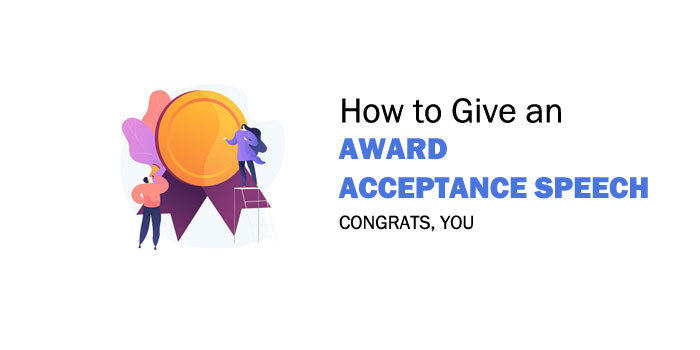
Let’s say you got nominated for an award and now you have to give an acceptance speech. It’s pretty important to give a good speech, no matter what you’re being awarded for. Looking good doesn’t hurt either!
So, how do you give a good acceptance speech for your award? First off, you should ask yourself what message you would like to convey to your audience.
Generally, an acceptance speech provides the speaker with an opportunity to not only thank the individuals who helped you win the award but also highlight ideas and issues that you care about and even inspire people to do something even bigger.
Which is why it’s important that you don’t mess up.
Writing a good speech, any kind of speech, requires a lot of time and preparation, in order to ensure that you are well prepared and have included any important details that you would prefer to not leave out.
Here are a few practical tips on how you can draw up your award acceptance speech.
What is an Award Acceptance Speech?
This is a type of speech given by an individual who’s receiving a prize, honor or an award. It is an unwritten tradition to share gratitude to individuals who you’d like or acknowledge or thank by giving a few words.
Your audience may be made up of your family and friends but also individuals in your industry who you respect and admire, so when giving an acceptance speech, ensure you make the best of it.

As compared to other speeches, an acceptance speech does not include a beginning , body or conclusion and doesn’t need a PowerPoint display. In addition to this, acceptance speeches aren’t allotted a lot of time as you would with a keynote speech, so you will have to make it short.
Acceptance speeches also provide you, the speaker who’s accepting the award, an opportunity to either make a great impression , no impression or a terrible one. So, you have to be careful with how you write up and give your speech.
What are the m ain Goals of an Acceptance Speech?
Your goals with regard to this speech should be to;
- Thank the individuals who helped you in whatever you did or in your career
- Center on one idea that you want to leave your audience with, whether it’s motivating them to work hard or inspiring them to follow their dreams
- Make a great impression
Since you’ll only have a few minutes to give your speech, focusing on one point or one of the most important lessons you’ve learnt in life is a good way to go.
Additionally, your speech should give your audience a favorable impression about you while also letting them know that you’ve thought about what you’ve said and that you’re respectful.
How to Write a Great Acceptance Speech
Most individuals who win an award start by thanking the individuals who helped them when they accept it.
There are many different ways of thanking people, so which one is applied in this context? Being as specific as possible when thanking individuals is the best way to go.
Therefore, you should start by:
Be Specific
Thank people by telling them exactly what they did that assisted you
You should do this in a way that is meaningful. Saying “Thank you for your support” doesn’t really mean anything.

So instead, you should look at the individuals you mention and while addressing them by their names, thank them while telling them what exactly you are thanking them for.
For instance, you can say, “Lisa, you encouraged me after being rejected by 7 different publishing houses, you were there for me.”
This will make your speech much more interesting to your audience while also appearing sincere.
Pro-Tip: Make eye contact when thanking every individual while mentioning their name, as it will not only convey respect but also sincerity.
Tell a story
Great award acceptance speeches usually tell stories. While the time allotted to give your speech may be short, 30 seconds is enough time to give a short story.
You can either;
- Recount an actual conversation you had with someone; be it a family member colleague or friend, about a challenge you had, how you conquered it and its relevance to the award you’re accepting.
- Talk about an encounter that happened
Keep in mind though that if you’ll be telling a story , ensure that its relevant to the award, it’s brief and that you tell it in a way that captivates your audience.
Now that we’ve discussed how to prepare for and write your acceptance speech, we can now look into how you will deliver that speech.
How to Prepare for an Award Acceptance Speech?
Nothing is worse than having no speech prepared when you win a major award; fumbling on stage in front of an audience is not a good thing for anyone.
It also shows the individuals who nominated you that you do not respect them, so take some time and prepare.
First and foremost,
Make your speech memorable
Many of the speeches given at award shows are short, so if it isn’t memorable, it can easily be forgotten.
Good thing is you have a lot of resources at your disposal, the biggest being the internet. Thank heavens for technology! Everyone, including yourself, wants to give a great speech . Looking up great acceptance speeches on YouTube will provide you with amazing examples of great speeches.

Most of these examples are short, as acceptance speeches should be. Besides this, they also seen genuine, contain an emotional moment and are funny.
You may not have a funny bone in your body, which is okay as being funny will entirely be dependent on what you’ll be talking about in your speech. So, no pressure.
Rehearse your speech
It may sound ridiculous to practice your acceptance speech, especially considering that it’s brief. However, this is a great way to modify your speech to your liking.
You can do this by recording yourself giving your speech using your camera or phone.
Looking through the recording will help you pick out what you don’t like and what you like about it. This allows you to repeat your speech as many times as you want while implementing the changes you’d like until you feel happy and comfortable with its final form.
Once you are satisfied with your final take, know you already have it in the bag; you’re going to give a great speech!
Pro-Tip: Practicing helps get rid of the jitters and helps you feel more confident in both yourself and your speech.
How To Deliver Your Acceptance Speech
When delivering your acceptance speech, ensure that it’s at least entertaining . It doesn’t have to make the audience laugh so much that their ribs hurt. However, it also shouldn’t be so boring that people doze off or make conversation while you address them.
So, first off,
Don’t Be Boring
If your speech doesn’t have a few jokes in it or isn’t funny, at least try to include some emotion or a dramatic moment. Boring speeches make people want to gorge their eyes out and seal their ears, so they don’t have to look at you and hear you drone on. Don’t subject your audience to unnecessary torture.

Be entertaining. At the very least, say something entertaining, interesting or amusing, even if you’ll be making fun of yourself.
If you are going to show emotion, don’t go overboard
Blubbering through your speech isn’t interesting, so try to keep it together. This is where practicing your speech comes in, it helps you show just the right amount of emotion while still conveying your message to the audience.
Pro-Tip: A little emotion goes a long way, so don’t overdo it.
Using what we have so far discussed, you should be able to not only write a great speech but also present your speech to your audience in a memorable way.
Now, let’s look at a few things to avoid when giving your acceptance speech.
What to avoid in an Award Acceptance Speech
- Do not tell your audience you don’t have a lot of time
This only uses up more time. Instead, use the time you’ve been given to the maximum advantage.
- Do not tell your audience that you’re nervous
Even though you might be nervous , other people may not recognize that you are. So, there’s no need to waste valuable time.
By the way, deliberately pausing or speaking slowly helps you overcome any jitters you may have. Thank me later once you try this trick of the trade.
- Do not thank too many people
Given that you’ll only have a few minutes to give your speech (at most), try to thank no more than five individuals.
You can send the people you didn’t thank on stage personal notes; that’s why such notes exist.
- Do not read your speech from a piece of paper
Not only is this devoid of sincerity, emotion and personality but it also looks scripted . Again, practicing helps you capture your main points in mind.
In conclusion, it all comes down to being genuine when thanking individuals, entertaining and leaving your audience with a good life lesson or something that inspires them. Show your audience that you, indeed, were worthy of getting that award!

5 Tips to Give the Perfect Award Acceptance Speech
- James Haynes
- September 19, 2022
Table of Contents
Introduction.
Congratulations! You’ve won an award. Maybe you’ve been selected for the prestigious National Speakers Association’s Speaker Hall of Fame . Maybe you’ve been named volunteer of the year for your local service club. Whatever you’ve won, now you may be wondering: how do I give an award acceptance speech? what kind of a speech am I supposed to give? Where can I find award acceptance speech examples ? How do I make sure my speech is memorable in a good way?
Maybe you’ve never given a speech before, and after toiling for years far from the spotlight, being put on stage is a nerve-wracking prospect for you. One of the best ways to minimize those nerves is to do your homework beforehand so you know exactly where you’re going with your talk, and reading this article is a great start! (For more on managing nerves when you speak, check out this episode of The Speaker Lab podcast .)
Even if you’re a seasoned speaker, the structure and format of an award acceptance speech may not be what you are used to. To master the shortened format and time limits you may have, you’ll need to structure your speech in a more specialized way. For more on how to do so, read on.
Find Out Exactly How Much You Could Make As a Paid Speaker
Use The Official Speaker Fee Calculator to tell you what you should charge for your first (or next) speaking gig — virtual or in-person!
Determine the goal of your speech
First of all, what is the goal of your acceptance speech? The starting point for most, if not all, acceptance speeches, should be a humble “thank you” for whatever they have received. It may also be appropriate to highlight particular experiences or individuals who helped you to get where you are. But this can be overdone; fake modesty and a long list of thank-yous to people the audience doesn’t know can cause your audience to tune out just as much as a braggy or even vindictive diatribe. How do you strike the balance?
One way to start could be watching others’ acceptance speeches, and ideally not just speeches from the Academy Awards. Award acceptance speech examples can be found on Youtube, Vimeo, and other video-sharing sites. Learn from others but don’t mimic – You’ve probably watched a lot of speakers before haven’t you? You know the things they do that work. It’s easy to want to just duplicate what you saw them do since you know it works. But don’t do that. Learn from why it worked and how you can incorporate a similar (but not copied) methodology into your own talks.
Structuring your speech
Another tip: figure out from the event organizer what the time restrictions are for your talk. You don’t want to plan a 20-minute overture when the event organizers expect you to speak for just a minute or two! This will also set the tone for your talk.
Remember that your speech is supposed to be shorter than your typical speech. You shouldn’t have that much to write out. Once you’ve determined a few people you’d like to thank, maybe a story you’d like to tell, and determined the overall goal or vibe of your talk, you should start structuring your speech.
Perhaps you could begin by breaking down your speech into a few sections. For example, you could structure the speech as follows: Introduction, thanking a few specific people, telling a story or an anecdote, and conclusion. This should all take no more than 3-5 minutes. And it will fly by .
Consider telling stories
Want to tell a story in your acceptance speech? It’s a good idea. Humans relate to stories. We connect to stories. Funny stories. Sad stories. Inspirational stories. We love stories. So tell them. Lots of them. Stories will keep your audience engaged and are also easier for you to memorize.
There’s nothing wrong with telling a 3rd person story or using some case study or example. But especially for an award you’re receiving, telling a story that you lived and experienced generally makes the story better for you and the audience. For the audience, they can oftentimes find themselves in your story. For you as the speaker, it’s much easier (and more powerful) to tell a story that you lived versus one you read in a book.
What kind of story to tell
In an award acceptance speech, any such story should be short and sweet. One way to keep an eye on the length is to try timing yourself telling the story out loud. As Harriet Turk discusses in our podcast on creating your talk , “If you practice out loud, you learn a whole lot more about what the story hits on and what parts need to be told.” Turk goes on to say that sometimes we find that we try to tell a story the way we wrote it, but authoring a story is much different than presenting a story. A story that reads well in a book may not work as well on stage.
Some examples of stories or anecdotes that you could do well to include would be about a setback you overcame in your role, or how someone helped you in a particularly meaningful way. If that person who helped you is one of those you want to thank, it would serve as an incredibly powerful testament to their character to include such a story. Of course, if something about that story is sensitive, it would be prudent to notify them in advance that you plan to tell that story. Even if not, it could be polite to give them a heads-up, particularly if they will be in the audience for your acceptance speech.
Using humor: advantages and pitfalls
You might wonder whether or not humor is appropriate in an award acceptance speech. Generally, humor is not a bad thing to include if you want to liven up your talk. However, keep in mind that you are being spotlighted as an individual accomplishing something in an award acceptance speech, and harsh joking about other people, in particular, may reflect poorly on your deserving the award. Negative jokes about the organizer, your collaborators, or others in the audience are no-nos.
On that point, as we cover in our 100 speaking tips article, you don’t need to be crude or inappropriate just for a laugh. It’s not worth it. If you deliver a killer keynote and are flawless throughout, but you make one inappropriate remark, nobody will remember anything else you said. There’s nothing wrong with using humor or making a strong point on something, but don’t do it at the expense of crossing the line and turning people off.
On the other hand, a dash of humor, such as light self-deprecation, can be perfectly good at keeping your speech from sounding sanctimonious or stuffy. When you tell a joke or deliver a punchline, give the audience time to laugh. Sometimes speakers like to rush to the next point, but don’t do that. You need to give the audience a chance to respond to what you just said (in this case to laugh), but also if you rush on to the next thought while the room is still laughing, nobody will hear what you’re saying.
Practice makes perfect
You’re not going to have a Powerpoint. You’re probably not going to have any visual aids. So how are you going to stay focused and find cues for your award acceptance speech?
Consider writing your speech out and timing yourself to ensure you don’t go way over any time allotments you might have. And if you don’t have time limits, consider your audience – they will almost certainly tune out after 15+ minutes of seemingly-endless acknowledgments…
Remember: Professional speakers don’t just make stuff up. They don’t write a few thoughts on a notecard and then shoot from the hip for an entire presentation. They take the time to write and carefully craft their material.
As Harriet Turk discusses in our podcast on creating your talk , bullet points can be one way to succinctly outline a talk in a way that you can rely on, even when you’re on stage and nervous. “Bullets are easy because they trigger what it is that you’re really wanting to do,” she said, “Whereas if you write it out and then you memorize it, you could have stage fright, or you’ve practiced it so much that you get to a point that you’re nervous and you forget.”
Although you shouldn’t just be reading from a page the whole time, writing out specific names of people you want to thank can help keep you from forgetting anybody.
When you’re on stage
So you’ve written, practiced, and are headed to your acceptance speech venue to give your killer talk. What should you remember when you’re standing on the stage?
As we outline in our 100 speaking tips piece, remember that on stage, you can be an amplified version of yourself. The bigger the venue, the bigger you need to be on stage. The way you would communicate to a group of 10 people is very different than how you would need to communicate to a room of 10,000. Both should be an authentic version of you, but simply amplified to the setting. The bottom line is don’t try to be something you’re not on stage. Be you.
Keep it slow and steady. When you are talking really fast, it becomes difficult for the audience to follow. It’s hard to keep up and process. Plus the faster you talk, the harder it is to understand what you’re saying. So slow down and enunciate. Give the audience the chance to keep up with where you’re going.
Don’t be afraid of the silence. Silence, to a speaker, can feel deafening but it can be powerful. Silence shows confidence that you’re in control of the talk and the room and you’re continuing to guide them towards a common purpose. When you make a strong point, don’t rush to the next line. Stop and let it hang there. The silence is your friend.
Ready to Get Your First (Or Next) Paid Speaking Gig?
Download our free 26-page guide and get the 14 exact steps you can follow to book a paid speaking gig right now!
All in all, giving an award acceptance speech is a great opportunity to practice your speaking skills while simultaneously a big honor! Whether you’re an experienced speaker or haven’t given one for years, these tips and processes can help you conceive of, outline, and deliver an awesome acceptance speech.
If you found this piece helpful, we have a great podcast with Grant Baldwin on how to create your talk. He tells us how he prepares for talks, what makes a talk good versus another talk, and what types of structures you can use to organize your content. You can listen to this podcast on creating a talk here . Want to read more about speaking tips? Take a look at our 100 tips for motivational speaking for any speaking engagement ! Happy speaking!
- Last Updated: May 7, 2024

Explore Related Resources
Learn How You Could Get Your First (Or Next) Paid Speaking Gig In 90 Days or Less
We receive thousands of applications every day, but we only work with the top 5% of speakers .
Book a call with our team to get started — you’ll learn why the vast majority of our students get a paid speaking gig within 90 days of finishing our program .
If you’re ready to control your schedule, grow your income, and make an impact in the world – it’s time to take the first step. Book a FREE consulting call and let’s get you Booked and Paid to Speak ® .
About The Speaker Lab
We teach speakers how to consistently get booked and paid to speak. Since 2015, we’ve helped thousands of speakers find clarity, confidence, and a clear path to make an impact.
Get Started
Let's connect.
Copyright ©2023 The Speaker Lab. All rights reserved.
Stay ahead of the AI revolution.

How to Write a Winning Acceptance Speech
If you've been awarded an honor, recognition, or prize, it's common practice to deliver an acceptance speech during the ceremony. It's an opportunity to express gratitude, acknowledge the contributions of others, and share your personal journey. Crafting and delivering a winning acceptance speech can be challenging, but with a little practice and preparation, you can deliver a speech that leaves a lasting impact. In this article, we'll guide you through the process of writing and delivering a winning acceptance speech.
Understanding the Purpose of an Acceptance Speech
The first step towards delivering a great acceptance speech is understanding the purpose of the speech. This speech isn't just about you, it's about the recognition or honor you've received. Keep in mind that the audience wants to be entertained, inspired, and informed. Your speech should be gracious and appreciative, but also engaging and interesting. It should convey your gratitude and express how you plan to use your recognition or honor to make a difference.
When you receive an award or recognition, it's important to remember that it's not just a personal achievement. It's a reflection of the hard work and dedication of those around you. Your acceptance speech should not only express your gratitude, but also acknowledge the contributions of others who have helped you along the way.
Expressing gratitude
Your acceptance speech should begin with a sincere expression of gratitude. Thank the organization or individuals who presented you with the award and recognize the hard work and dedication of those who contributed to your success. Take time to reflect on the support you've received from friends, family members, colleagues, and mentors.
Remember that your gratitude should be genuine and heartfelt. The audience will be able to tell if you're just going through the motions. Take the time to think about what this recognition or honor means to you and how it has impacted your life.
Acknowledging others' contributions
Chances are, you didn't achieve this recognition or honor on your own. Take time to acknowledge the contributions of others who have helped you along the way. This could be family members, mentors, colleagues, or other supporters. Be specific in your acknowledgment and express your appreciation for the ways in which they have contributed to your success.
It's important to remember that success is rarely achieved alone. There are always people who have supported and encouraged you along the way. Your acceptance speech is a great opportunity to publicly acknowledge and thank these individuals.
Sharing your journey
Your acceptance speech is an opportunity to share your personal journey with the audience. Reflect on the challenges you've overcome, the lessons you've learned, and the experiences that have shaped you. Your story will help the audience connect with you on a more personal level and give them a glimpse into how you've achieved success.
Remember that your story doesn't have to be perfect. It's okay to share your struggles and failures, as these are often the experiences that have taught you the most. Be honest and authentic in your storytelling, and the audience will appreciate your vulnerability.
By sharing your journey, you can inspire others to pursue their own goals and dreams. Your acceptance speech is not just about you, but about the impact you can have on others.
Preparing for Your Speech
Once you understand the purpose of an acceptance speech, it's time to start preparing your speech. The preparation phase is critical to delivering a memorable and effective speech.
Researching past speeches
Take time to research past speeches from people who have received similar recognition or honor. Analyze their speeches to understand the elements that made them successful. Pay attention to the structure, tone, and language used in their speeches. This will help you to identify key points that you should include in your speech.
Identifying key points to include
Identify the key points that you want to make in your speech. These points should be relevant to the recognition or honor you've received and reflect your personal journey. Create an outline that highlights these key points in the order that you want to deliver them.
Creating an outline
Once you've identified the key points, create an outline for your speech. Include an introduction, body, and conclusion. Be strategic in organizing your thoughts and keep your audience in mind as you select your main points. This will ensure that your speech is engaging, informative, and effective.
Crafting Your Speech
With your outline in hand, it's time to start crafting your speech. A great acceptance speech should be interesting, engaging, and memorable. Here are a few tips to help you craft your speech:
Starting with a strong opening
Your opening should capture the audience's attention and set the tone for your speech. You could start with a quote, a story, or a personal anecdote that relates to the honor or recognition you've received.
Telling a compelling story
Your story should be engaging, relevant, and memorable. It should convey the challenges you've faced, the lessons you've learned, and the people who have inspired you. Use descriptive language to paint a picture for your audience and keep them engaged.
Balancing humor and sincerity
A great acceptance speech should have a balance of humor and sincerity. Humor can lighten the mood and make your speech more enjoyable. Sincerity, on the other hand, will make your speech more meaningful and impactful.
Keeping it concise
Your speech should be concise and to-the-point. Don't ramble or go off-topic. Stick to your main points and keep your message clear and concise.
Delivering Your Speech with Confidence
Once you've crafted your speech, it's time to start practicing and refine your delivery. Delivering your speech with confidence will help to hold the audience's attention and give you the best chance of delivering an effective speech.
Practicing your speech
Practice your speech until you're comfortable with the content. Practice in front of a mirror or with friends to get feedback on your delivery. Record yourself and listen to your speech to identify areas where you can improve your delivery.
Engaging with your audience
Engage with your audience by making eye contact, moving around the stage, and maintaining good posture. You want to captivate your audience and ensure that they stay engaged throughout your speech.
Using body language effectively
Use body language to your advantage. Use hand gestures to emphasize important points. Walk around the stage to connect with different sections of the audience. Use your body language to convey confidence and authority.
Overcoming stage fright
Stage fright is common, even among experienced speakers. If you're feeling nervous, take deep breaths, and remind yourself that you're prepared. Focus on your message and the impact you want to make with your speech. Remember that the audience wants to hear what you have to say and that they are on your side.
In conclusion, delivering a winning acceptance speech requires preparation, practice, and confidence. Keep the purpose of your speech in mind and ensure that your message is engaging, interesting, and relevant. By following the tips outlined in this article and investing time in preparing and practicing your speech, you'll be well on your way to delivering a speech that leaves a lasting impact on your audience.
ChatGPT Prompt for Writing a Acceptance Speech
Chatgpt prompt.
Compose a speech that expresses your gratitude and acceptance of an award, acknowledging the significance of the recognition and the efforts of those who contributed to your success. Be sure to include personal anecdotes or reflections that demonstrate your appreciation and convey the impact of the recognition on your career or personal life.
[ADD ADDITIONAL CONTEXT. CAN USE BULLET POINTS.]
Recommended Articles
How to write a toast speech: a step-by-step guide, how to write a presentation speech: a step-by-step guide, feeling behind on ai, get the latest ai.


- Find a Club
- Start a Club
- Toggle Search
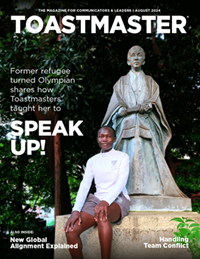
How to Accept an Award
The best acceptance speeches are gracious and full of heart..
By Emily Sachs
It’s your moment of triumph. So you grab the closest pen or hairbrush and launch into an overdramatic thanking of the Academy, declaring “You like me!” and telling your kids to go to bed as the invisible orchestra drowns you out.
We’ve all played out that imaginary moment. But maybe we should stop, says San Francisco speech coach Patricia Fripp . Those famous televised award speeches are actually a “what not to do” when receiving an honor. In their brief time in the literal spotlight, most winners resort to over-the-top gushing and false modesty. Or they breeze through an uninspiring laundry list of verbal gratuities.
“Most Academy Award speeches are pathetic,” says Fripp, a frequent speaker at Toastmasters conferences and a former Toastmaster herself. “You want the emotional connection. Paint the picture. Inspire passion in others.”
If you are active in Toastmasters or your community, or are a generous philanthropist or a dedicated team member, chances are you will eventually be recognized for your time and efforts. And you might be expected to make some remarks in front of your peers when you do. Fear not, fellow Toastmaster: A good acceptance speech has the same objective as every good speech—to be gracious, powerful, and memorable—only in less time than a typical speech.
“You can have more impact with a well-crafted three- to five-minute speech than you can with 45 minutes,” Fripp says. “However, every word must count.”
Practice in Pathways
The “Deliver Social Speeches” project in the Pathways learning curriculum gives all Toastmasters the opportunity to practice receiving honors—and bestowing them—through a choice of two social occasion speeches. These are designed to be delivered in three to four minutes each. This unique project has endless real-life applications—from offering a toast at a family celebration to honoring a retiring coworker or even getting public recognition.
Pathways offers the following guidelines for award-acceptance speeches:
- Express your gratitude and be genuine.
- Demonstrate why you are deserving of the honor.
- Recognize those who helped you achieve success.
- Personalize your speech with anecdotes.
- Respect the audience and the clock.
Fripp’s failproof approach to a winning acceptance speech is to tell a story about the organization or group giving the honor If it’s a college alumni award, for instance, talk about the awe you felt the first time you visited the campus in person. For a workplace award, speak about a manager who encouraged you to stay during a difficult period. Or, in the case of a named award, reference the namesake and describe your lifelong admiration of their achievements.
When it comes to pitfalls, Fripp says to avoid these two things: trying too hard to be funny and speaking without preparation. Even her own coaching clients, many of whom are business executives, are steered wrong by award shows. “Be profound, be wise, be gracious. But don’t try to be funny if you aren’t; otherwise, it will backfire,” she says. Even an innocent, self-deprecating remark can bomb. Declaring that you don’t deserve an award or that anyone could have done what you did is not only an insult to the other nominees, but also to the prior winners and especially to those who nominated and selected you.
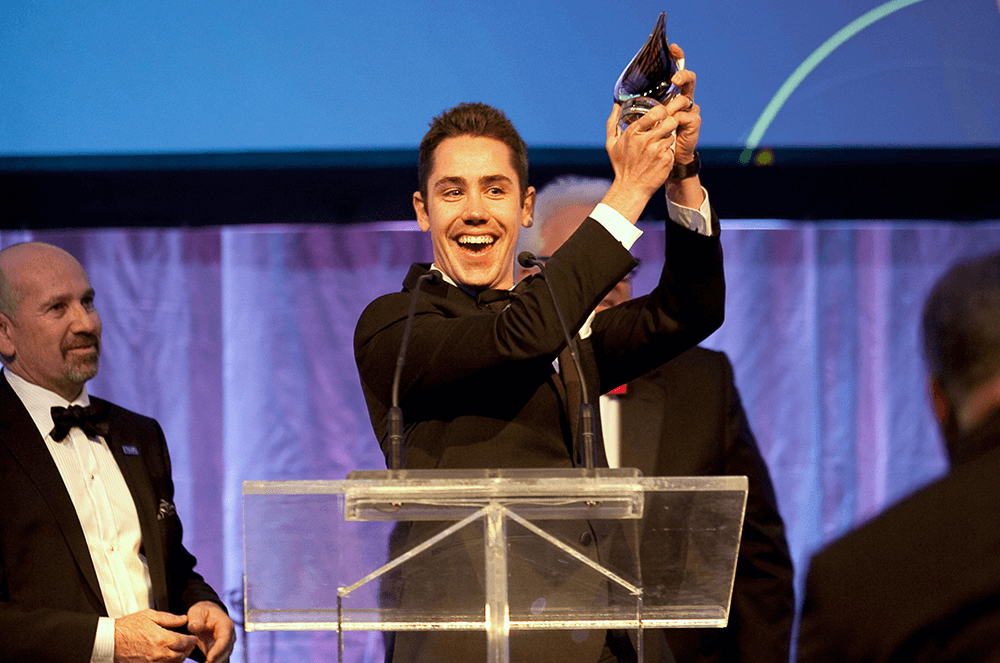
Will Heeman knows well the careful balance required to be both funny and respectful. The “Chief Daymaker” of Heeman’s, his family’s garden and farm business in Ontario, Canada, he has accepted three business awards in the last five years at the London (Ontario) Chamber of Commerce gala, before 1,500 other community leaders. Business events can be especially dry, and he says that industry puns—“dad jokes,” if you will—can find a receptive audience at them. In 2019, he accepted the chamber’s Environmental Leadership award on the first day of spring. “We’re so excited today,” he told the audience, “that we wet our plants!” The quip hit the mark and still gets repeated.
Preparation Is Key
As for using the big event as your “Evening at the Improv,” Fripp instead suggests being “perpetually prepared” in order to be gracious in front of your peers. We all have the opportunity on a regular basis to practice publicly expressing appreciation—whether on conference calls at our jobs, in committee huddles for our community work, or at our Toastmasters meetings.
For example, if you are asked to present a status update on a project, Fripp suggests you try saying something like, “On behalf of the dedicated three-person public relations team, thank you for the opportunity to report on our progress. You will be pleased to hear that our extra hours and late-night emails enabled us to complete our website redesign two weeks ahead of schedule. This feat wouldn’t have been possible without the generous technical assistance of the treasurer, as well as your support.” If you work this type of phrasing into your everyday speaking, it won’t be difficult to do so when called up to receive formal recognition, Fripp says. It might even plant the seed that you are a leader worthy of recognition.
Of course, being prepared also means drafting a speech ahead of any awards ceremony and practicing it with others enough times that you won’t need notes. You never know if you will have your hands full with a microphone or the award or if the lectern is unwieldy. Fripp also advises confirming ahead of time if you are expected to deliver remarks. “If you know you are going to accept an award, prepare, script, and rehearse,” she says. “If you believe you may be called to accept an award, prepare in case.”
Aaron Lee of Oxford, England, was a tuxedoed finalist sitting at the 2017 Museums + Heritage Awards ceremony when he discovered that the winners were giving speeches. A few categories later, he was doubly surprised to hear his name called as a Volunteer of the Year winner. In front of a room of 350 others, the then- university student delivered his first-ever formal remarks.
“Before I was called, I had a mental idea of what I would say,” he says, “and then you get called and that goes out the window.”
Lee admitted to the audience that he hadn’t even known he was nominated until he was short-listed. His shock quickly settled and he expressed appreciation to the audience, the sponsors, his nominators, and even the event staff serving the dinner. He won the award for his work at the Museum of Oxford, a gem of a civic museum that gets overshadowed by those of neighboring Oxford University—“which are alright,” he deadpanned to the crowd representing many of the U.K.’s most notable institutions.
These award winners agree that being honored is only the beginning. Immediately after the ceremony, you will have a room full of people waiting to congratulate you, so make it easy for them. Lee says he got positive feedback after speaking and was also invited to later do a radio interview. Heeman, the Canadian awardee with the agricultural business, says that such a speech might be your only chance to make a first impression to a room of potential customers or connections.

Share this article
Related articles.

Speech Contest Tips
"And the Winner Is..."
How to graciously accept an award.

Communication
Speechmaking From the Stars
Hollywood's annual night of Oscar awards gets everyone talking.
Paul Sterman

Funny You Should Say That
A Word on Awards
Forget the trophy. The important thing is to look like you deserve it.
John Cadley
Learn more about the award-winning publication.
About magazine.
Discover more about the award-winning publication.
Magazine FAQ
Answers to your common magazine questions.
Submissions
How to submit an article query, photo, or story idea.
Meet the editorial team.

How to Give an Award Acceptance Speech?
- Filed under: Featured articles , Public speaking articles , Public speaking tips and tricks , Speech preparation
You’ve been nominated for an award and now you have to give an acceptance speech. It might be an Academy Award where the whole world is watching or it might be an award for the best coach in your little league. Regardless, it’s still important and you would like to look good while giving this speech.
So, how to give an award acceptance speech? It is an opportunity to put a spotlight on ideas you care about, to thank the people who helped you win the award and to give your audience at least one take away.
Therefore, don’t blow it. Don’t wait until the last minute with the preparation and don’t make excuses.
And if you don’t win… well, maybe you will use the acceptance speech next year or next time. So, today I am going to give you practical tips on how you can prepare for your award acceptance speech.
But there’s a lot more to public speaking you should know so I wrote an article about best public speaking books to read. Check out these books here .
Table of Contents
What is an acceptance speech?
An award acceptance speech is a speech given by a person who is receiving an award, honor or prize. When you win something, then it is a tradition to say a few words and share some gratitude toward those you would like to thank or acknowledge.
In the audience are your friends, family and perhaps people in your industry who you respect, so make the best of it.
Let’s start off by focusing on your goals for this speech because, after all, an award acceptance speech is still the same as any other speech. Now, it might be a short one. It might only be 60 seconds long before that music comes in and you’re asked to get off stage…but it’s still a speech.
How is award acceptance different from other speech types?
Well, it is different in a lot of ways. For example: you’re not going to have a PowerPoint display. You’re not going to have a beginning, middle and end, and you’re not going to share funny stories.
Also, you’re not going to walk around the stage and talk for 50 minutes like you would in a keynote speech.
Acceptance speech gives you an opportunity to make:
- A great impression
- An awful impression
- No impression.
Main goals of the acceptance speech
Your goals are not to just get through this. Also, your goal is not to thank your tax attorney and 29 other service providers.
Therefore, your goal should be to:
- Make a great impression
- Thank the people who were relevant in helping you in your career or whatever it is you did
- Try to focus on just one idea that you want to leave people with, whether it is inspiring people to follow their dreams or maybe motivating people to work hard, etc.
This is not an opportunity to communicate five points or more. Instead, it is an opportunity to focus on one of life’s lessons or on one really important idea.
Give people a favorable impression of you and let them know that you’re respectful and that you’ve thought about this and planned.
Recommended books
How to Deliver a TED Talk: Secrets of the World's Most Inspiring Presentations
Jeremy Donovan
Resonate: Present Visual Stories that Transform Audiences
Nancy Duarte
Confessions of a Public Speaker
Scott Berkun
Talk Like TED: The 9 Public-Speaking Secrets of the World's Top Minds
Carmine Gallo
The Checklist Manifesto: How to Get Things Right
Atul Gawande
The First 20 Hours: How to Learn Anything... Fast!
Josh Kaufman
Throughout your short award speech, let them know that you’ve got a particular idea you want to communicate and that you thank the people who helped you get to the point where you’re getting this award.
How to prepare for an acceptance speech?
There’s nothing worse than someone winning a major award (whether it is an Emmy Award or just a local club member of the year award) and sort of getting up and fumbling around, “Oh, God – I never thought I would win. So, I didn’t prepare anything…”
Show the people who took the trouble of nominating you a little respect. Do them justice and prepare. It doesn’t really take that long.
Learn from the best
Let’s face it – most acceptance speeches are not memorable. They’re instantly forgotten and they’re perfunctory.
That shouldn’t be your role model. Your role model should be great speeches. Here’s what I want you to do. I want you to go to YouTube and type in “great acceptance speeches” or “great Academy Award acceptance speeches.”
You’ll find tremendous speeches. Most of them are brief because they are acceptance speeches on TV. They’re usually always funny. They have an emotional moment and they seem genuine.
Now, you might be receiving a speech for the best accountant in your county and therefore you might not feel the need or the ability to be wildly funny, but you can still learn from the masters.
Practice your speech
I know, now you want to say, “What? It is ridiculous to practice an acceptance speech!” But actually, it is not. The best way to practice your speech is by recording yourself.
Therefore, grab a phone or camera and record yourself. Next, take a look at the recording and write down everything you liked about it and everything you didn’t like about it.
After, repeat this process as many times as needed until you’re feeling comfortable and happy. If you do that, I guarantee you’re going to deliver a great speech.
Also, don’t be afraid of jinxing yourself. Prepare to accept the award and prepare to give the speech.
How to write an acceptance speech?
The first thing most people do when they win an award is to thank the people who helped them. Of course, you should thank people but remember that there is a particular way of thanking people.
Thank people in a meaningful way
Thank people in as specific a way as possible and tell them exactly what they did that helped you. Don’t just say, “Thank you for your support.” Support is too generic. It’s abstract and doesn’t really mean anything.
What you should do is:
- Look at the people you mention
- Address them by name
- Thank them and tell them what you’re thanking them for. For example: “John, you were there for me when no one else was and when I couldn’t raise a penny to get this idea going. You wrote the first check.”
If you do that then it’s going to be so much more interesting to everyone. It will be meaningful and it will come across as sincere. That’s much more effective than just rattling off a long list of names.
Tell people exactly what you’re thanking them for. Look them in the eye if they’re around. Give specific examples; this way, your thanks has real meaning.
Make a point, tell a story
The best award acceptance speeches always tell a story. Now you may ask, “Well…how is there time for a story?” But I assure you that you can tell a story in 30 seconds.
- Talk about something that happened
- Recount a real conversation (with a friend, a colleague or a family member) about a challenge, how you overcame it and how it’s relevant to the award.
Main rules for the story you’re going to tell:
- Make it brief
- Make sure it’s relevant
- Tell it in a compelling way
If you do that, you have a good story for your acceptance speech.
How to give an acceptance speech?
When you’re giving an acceptance speech, especially if it’s for anything in the creative field, keep in mind that you’re an entertainer. Therefore, something in your speech should be entertaining.
Don’t be dull – be entertaining
Now, ideally your speech should be funny but if it’s not, at least have a dramatic moment or something with a little emotion . It’s always disappointing when people who are known as world-class entertainers seem, during their acceptance speech, about as entertaining as if an accountant were reading the phonebook to you.
Remember who you are and what your strengths are. Use those strengths to entertain. You’re not going to give a humorous speech for an hour, but you do have a minute where you can say at least something amusing, interesting or entertaining.
So, plan on having something entertaining even if you’re just making fun of yourself.
Show some emotion but don’t overdo it
A little emotion goes a long way. If you’ve had a tough life and now you win some important award it’s understandable to have some emotion…but you need the right amount.
It is not very interesting if you’re out there blubbering. So, keep it together. This is one of the beauties of having rehearsed your acceptance speech – you can show the right amount of emotion and the words can still come out rather easily because you thought of it, you planned it and you rehearsed it.
But if you just take the attitude of, “Oh, I don’t want to jinx myself. I’m not going to plan anything to say – I’ll just get up there,” and then the actual emotion of the moment may overwhelm you and you just can’t say anything. Instead you kind of look like an idiot – especially if it’s on TV for the whole world to see.
So, you want emotion but not so much that you’re just blubbering.
What to avoid while giving an acceptance speech?
Here are a few things that you really need to avoid when giving an acceptance speech.
#1 Don’t read your speech
One thing I would suggest you do is to avoid reading your speech from a piece of paper. It’s just awful – it’s devoid of personality, emotion, and sincerity. So don’t read.
It’s OK to have some notes, but you certainly should not have a word for word scripted out.
#2 Don’t thank more than five people
Also, I really don’t think you should thank more than five people. If you have more people than that to thank then send them a personal note.
Don’t give a long laundry list of names and don’t read because those are the two biggest blunders that people make in the major awards shows when they are receiving awards.
#3 Don’t tell people you’re nervous
You may not know this but no one even recognizes that you’re nervous. You can tell your family and friends later that you were nervous but don’t waste valuable time.
#4 Don’t tell people that you don’t have much time
Speaking of time – don’t waste your time by telling people that you don’t have much time. “Oh my gosh, I don’t have much time. I don’t know where to start because…”
Don’t ever comment on the time. Simply use your time to maximum advantage. Use every second. Say something interesting to the audience and don’t waste time talking about the fact that you don’t have much time because now you have even less time.
So, if you avoid these pitfalls, it gives you more time to focus on saying something interesting. Perhaps something lighthearted or thanking people in a sincere way.
Final thoughts: What to say in an acceptance speech?
If I got to vote for you, I would. I’m pulling for you. I hope you win this award so you can show off your public speaking skills and give a great award acceptance speech.
It really all comes down to:
- Be genuine in your thanks. Don’t just list names.
- Have one interesting or entertaining thing to say.
- Share one little story
- Focus on your audience and don’t talk about how you’re nervous or scared.
Finally, the most important tip of all: practice your short speech in advance on video as many times as it takes so that you see in advance the speech you want to give. And then once you win, you can simply deliver the speech that you’ve already practiced. Do that and you will be in absolutely great shape.
Related questions
How long is an acceptance speech? It depends on the event but usually, it is between 45 and 60 seconds.
How do you outline a speech? Have your speech ready with nice gigantic text so you don’t have to memorize anything. Ideally, it fits on a single sheet of paper. That way you can simply glance down, scoop up a few words and keep going. This keeps you on track. (Full article here)

Useful reading
- How to deliver a ceremonial speech? A Full Guide
- How to Introduce Yourself in a Presentation Without it Being Awkward?
- How to Use a Teleprompter During your Speech? A Complete Guide
Posts about public speaking you may also like

How to Use Notes in a Speech: 14 valuable tips for a speaker
While we’ve already explored the topic of speaking without notes here on my site, I’ve figured I should add a piece about speaking with notes.

10 Great Tips How to Dress for Public Speaking?
You don’t have to be a fashionista to wonder how to dress for public speaking. This is actually a common concern, and sometimes can cause

Is Public Speaking Required In College?
Are you worried about public speaking requirements in college? Are you wondering if there are other ways to demonstrate your knowledge without having to stand
- Tags: Impromptu speaking , Impromptu talk , Making a speech , Pauses in speech , Performance anxiety symptoms , Prepared speech , Public presentation , Public speaking topics , Unprepared speech , Unprepared speech topics
Recommended gear

Best Portable Speakers For The Presentations
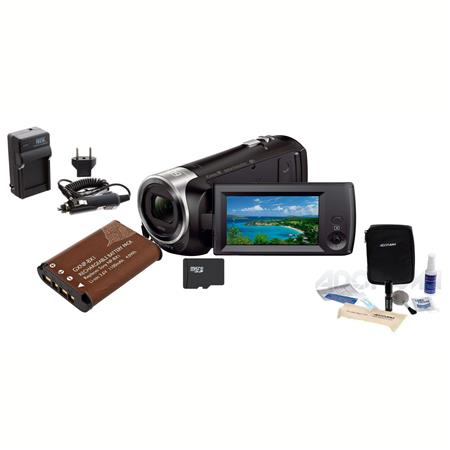
Best Video Cameras for Public Speakers
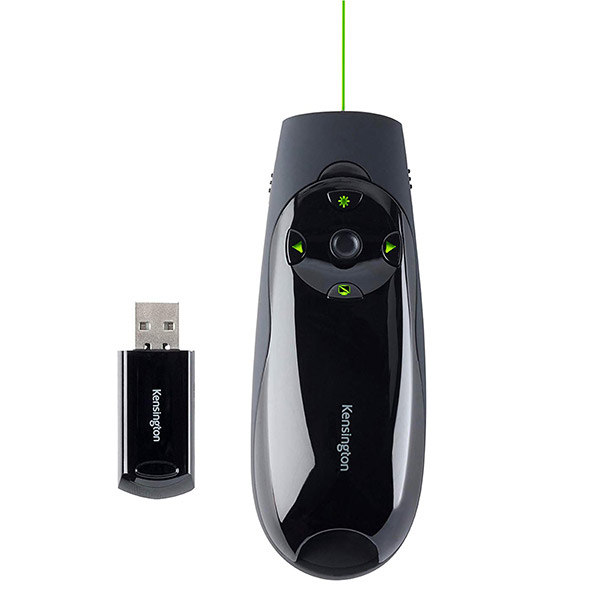
Best rresenter remotes for public speakers

Best Portable Thumb Drives And Hard Drives for the Presentations
Who is janek tuttar.
My name is Janek Tuttar , and I am the founder and author of Speak and Conquer website.
I have been teaching public speaking at Estonian Entrepreneurship University of Applied Sciences
Here, I am sharing the wisdom of how to cope in different public speaking situations.
More information about Janek »

Share this post

Hi! My name is Janek Tuttar, and I am the founder and author of SpeakAndConquer.com.
I have been teaching and blogging about public speaking since spring 2007. Here, I am sharing the wisdom of how to cope in different public speaking situations.
Send me an e-mail: [email protected]
LEGAL INFORMATION
This site is owned and operated by Janek Tuttar. SpeakAndConquer.com is a participant in the Amazon Services LLC Associates Program, an affiliate advertising program designed to provide a means for sites to earn advertising fees by advertising and linking to Amazon.com.
This site also participates in other affiliate programs and is compensated for referring traffic and business to these companies.

Best teleprompters

Best Computer Mice for the Presentations
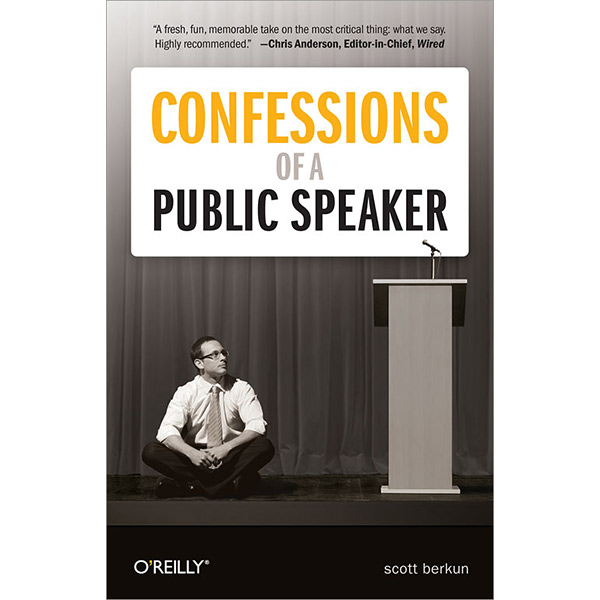
Best Laptop Backpacks for Public Speakers

Acceptance Speech
Acceptance speech generator.
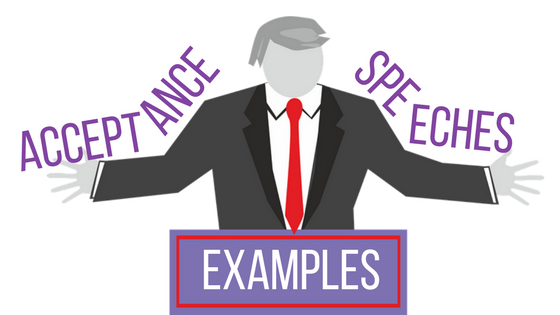
Being recognized or awarded is one of the best feelings in the world. It gives us the feeling of being overwhelmed with so much gratitude and that we would also want to share our achievement with people who helped in the sidelines. One way of giving back and showing sincere gratitude is through acceptance speeches. The heart of every acceptance speech is gratitude. Acceptance speeches are also a way of acknowledging people who helped the recipient of the award or the recognition in acquiring all his or her achievements.

Simple Acceptance Speech
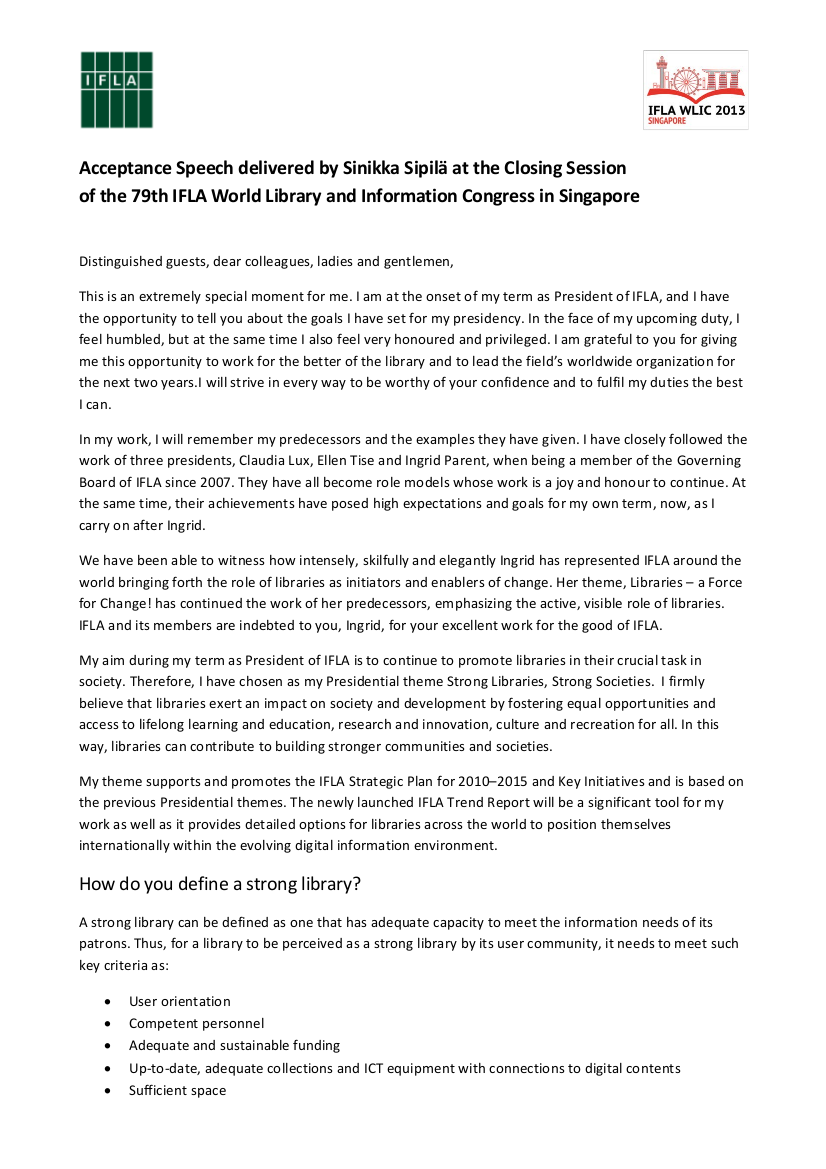
Size: 103.9 KB
Donald Trump Republican Nomination Acceptance Speech
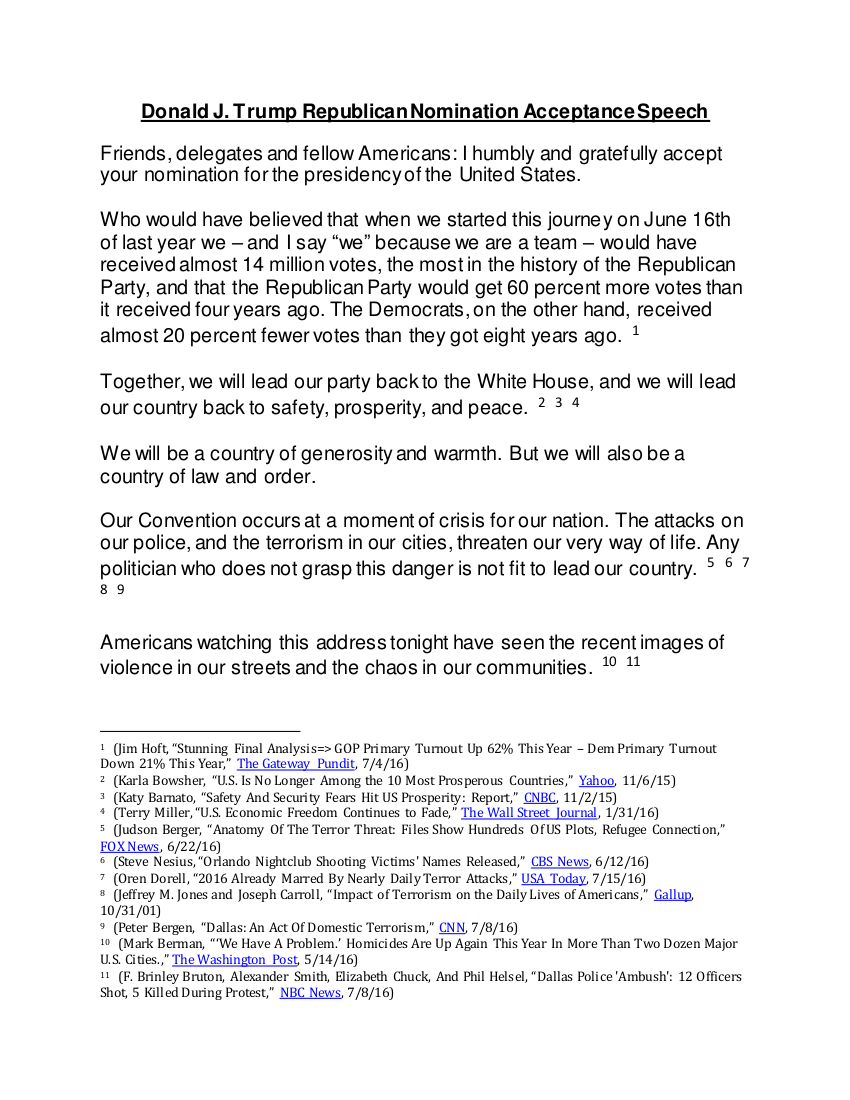
Size: 762.7 KB
Economics Award Acceptance Speech
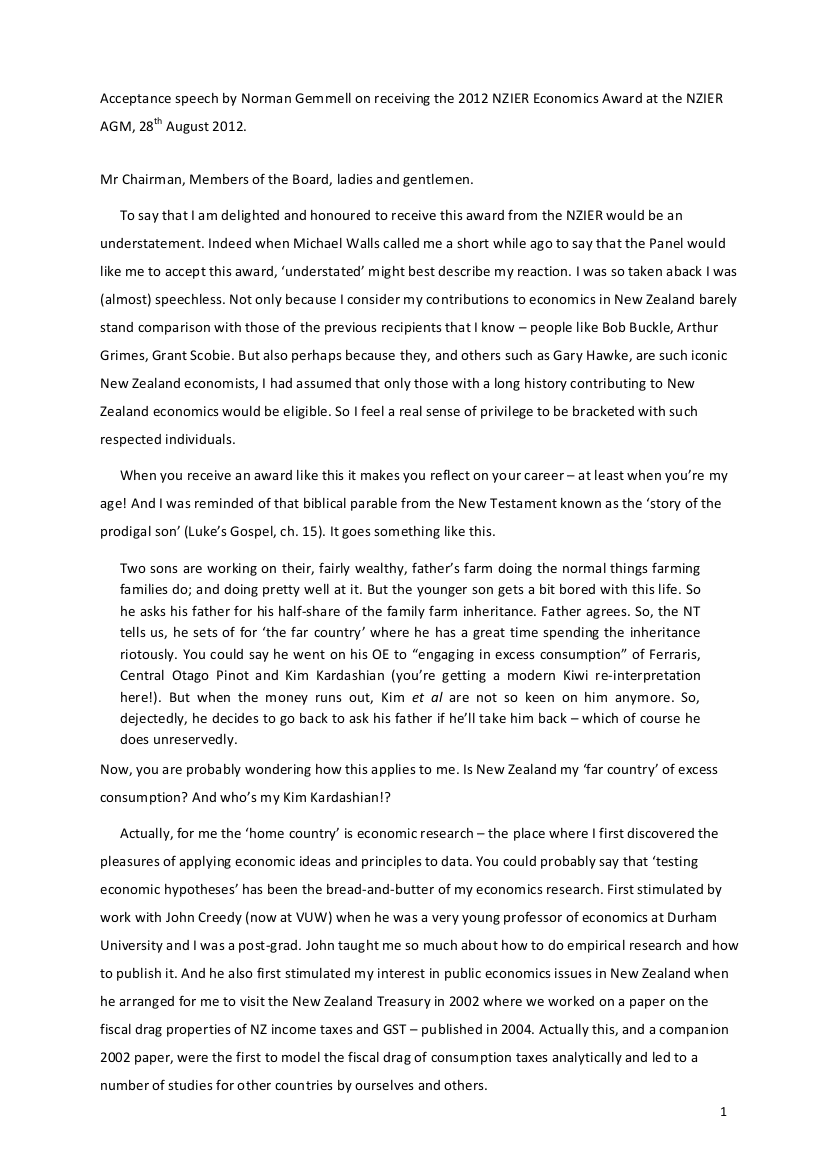
Size: 106.9 KB
President of the Republic of Liberia Acceptance Speech
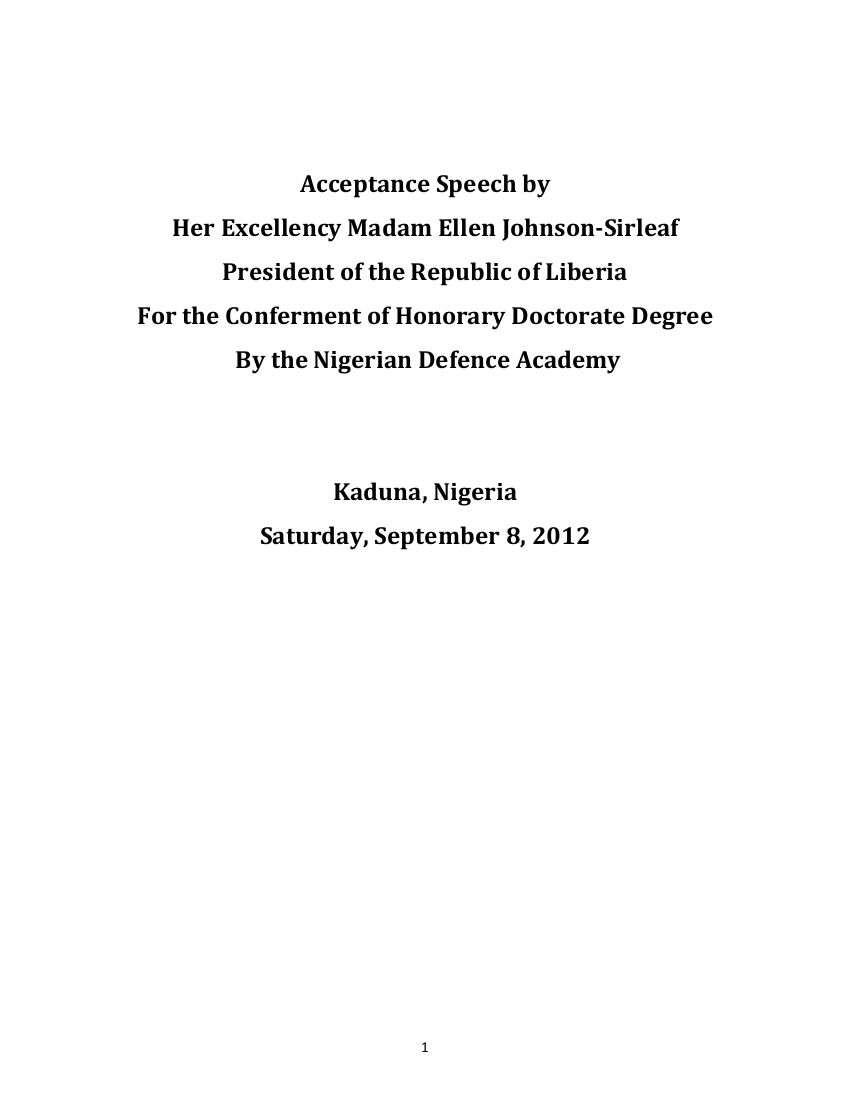
Size: 416.0 KB
Incoming President Acceptance Speech
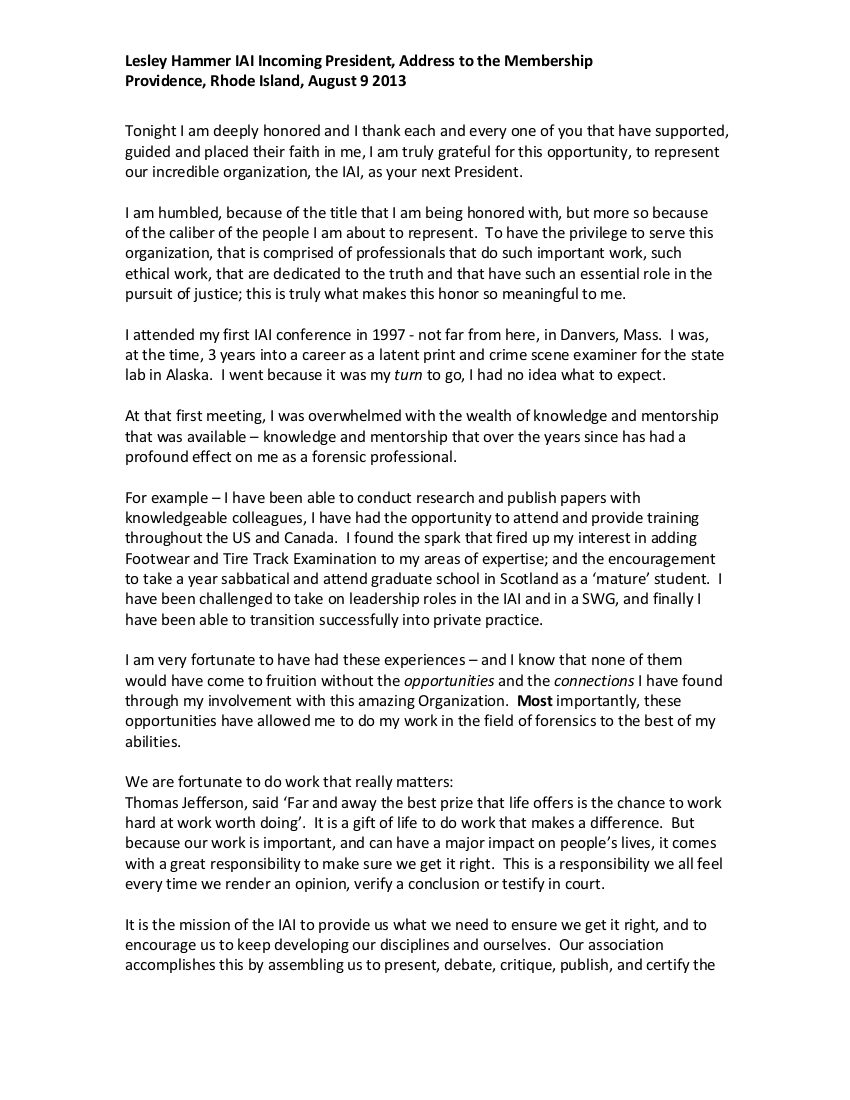
Size: 67.1 KB
What Is an Acceptance Speech?
An acceptance speech is a speech with an aim to simply express gratitude after receiving a recognition or an award.
10 Tips for Writing an Award-Winning Acceptance Speech
We all know that acceptance speeches are often delivered after receiving an award but it does not mean that your acceptance speech shouldn’t be award-winning either. Here are ten steps on how to make and deliver an acceptance speech that can even make you earn another award if there is a contest for acceptance speeches:
1. Know Your Time Limit.
If you already know what award you will be receiving, you have to make sure that you asked about the duration of the entire awarding ceremony before starting your speech . In that way, you would know your time limit for your speech. You have to make sure that your speech would fit the given time frame in order to make sure that it does not exceed and make unnecessary changes in the program just because your speech was too long.
3. Acknowledge All that Has to be Acknowledged
It’s only right that you should recognize the people who have helped you in the sidelines. Most people would acknowledge their family, friends, and colleagues but this is too common; acknowledge the people who, even with their small contribution has made a great impact in helping you achieve your smart goals and successes.
4. K.I.S.S. and Brevity.
Most of the awarding ceremonies would often take 2-3 hours and oftentimes, there are a lot of people to be given an award and you may also add the myriad of performances and presentations in between. If you would have a speech with a length of more than five minutes for a single award or recognition, you will be taking too much of the awarding ceremony’s time and you have to keep in mind that you are not the only person to be awarded or given with a recognition. That is why you have to maintain the brevity, or keep your acceptance speech short and simple or else it will bore your audience and you would be taking too much time from the allotted time duration of the awarding ceremony.
If you are a natural entertainer, then make good use of this in your acceptance speeches. Awarding ceremonies can be boring and it is only in ad-libs from hosts or emcees and speeches by awardees that a ceremony can be on the light side. But caution: do not focus solely on making your speech humorous or else your focus would stray away from what your acceptance speech is actually about and that is your expression of gratitude.
6. Tell a Story.
If you have found a difficulty in making your audience laugh, you can always tell a story. Good storytellers, without humor, can always entertain its audience. You can always share your struggles and mini-successes as you make your way to your main goal. In this way, you can actually inspire people who may actually share the same path and struggles as yours. People would always want to have a company in their miseries.
7. Do Not Bring Notes.
Aside from the fact that reading our acceptance speech on pieces of small notes would not make a good impression, memorizing and familiarizing our own speech can somehow improve or establish our credibility. Memorizing our own speech would also help us gain confidence in delivering the speech.
8. Always End with a Bang
If you want to make a great impact on your audience, always end your acceptance speech with a bang. You can summarize and condense the groups of people who helped you but this is not anymore necessary. What’s necessary is that you would make a statement that would give you a solid impression. One sign that you would be making a good impression is that you whatever you said in your speech, even if it is in the introduction, will be remembered by the audience. Although it is not necessary to end with a bang, it would actually make you feel good other than receiving the award or the recognition.
9. Speak From the Heart
Even if it is good to memorize our speech, sometimes it is only best that we would familiarize our acceptance speech so we that we will have a chance to speak from the heart. Memorizing would sometimes make us sound robotic as if we’re reading something, but if we familiarize and just speak form the heart, we actually become genuine in all the words and in the expression of our gratitude and honest appreciation to all the people we are acknowledging.
10. Make The Fact Clear that this Is Not Just About You
You should always make it clear that if ever there were people who helped you along the way, you should always and also acknowledge them and let them share your achievements. Always be humble but do not be overly modest to the point that you would sound fake and just act for the sake of trying to look down to earth. But that does not mean you could not be proud of the people who helped you along the way; again, remember to acknowledge their contributions, no matter how big or small that contribution is.
Nobel Peace Prize Acceptance Speech
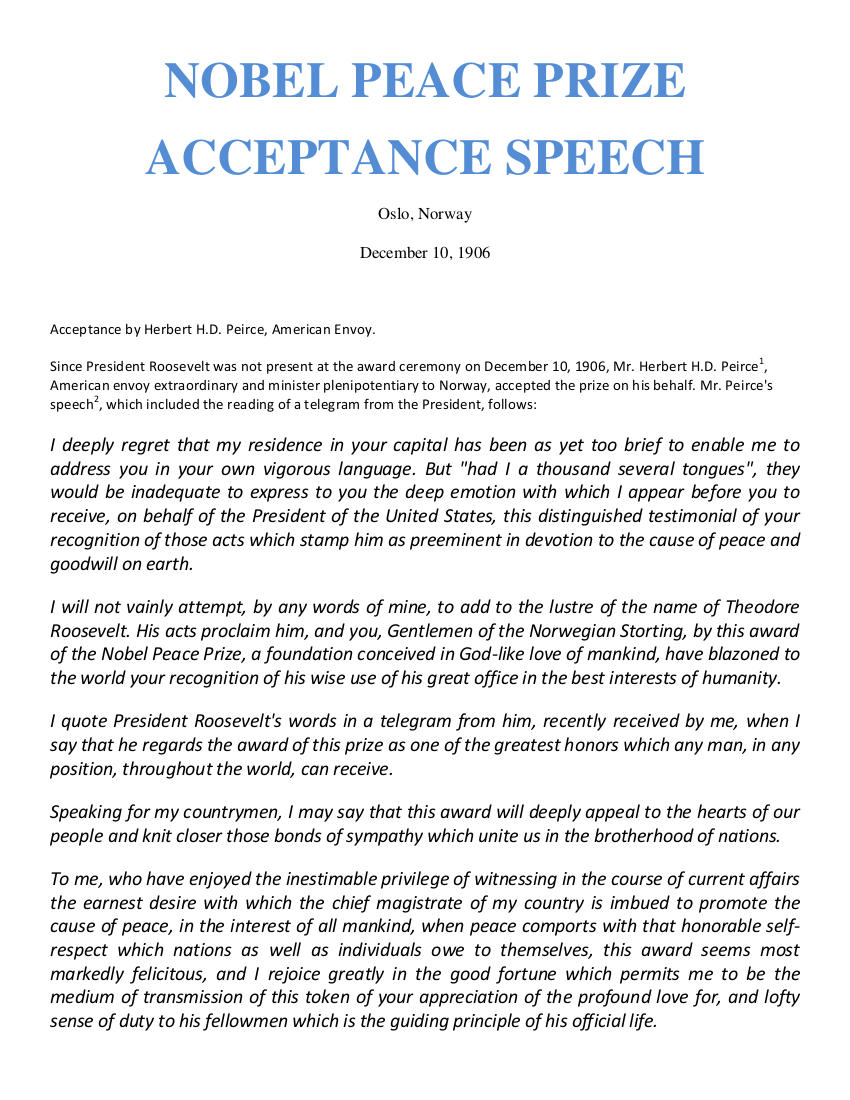
Size: 185.3 KB
Sample Acceptance Speech
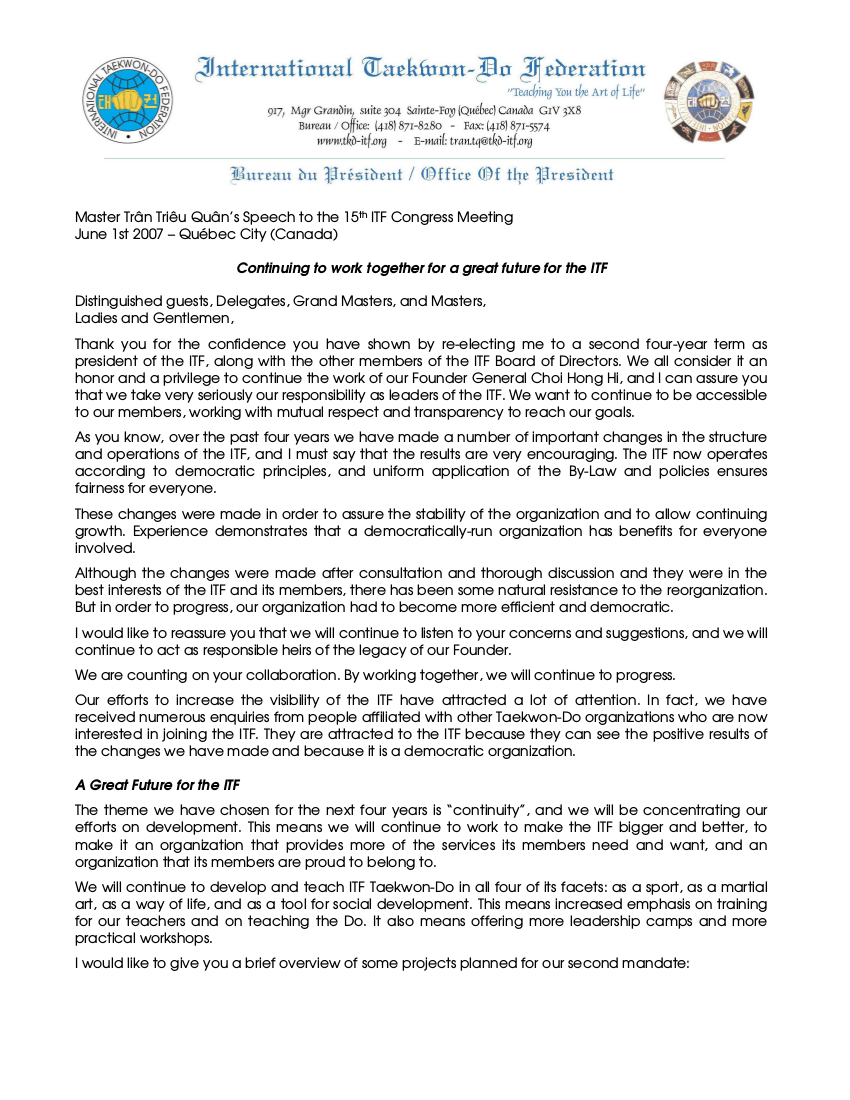
Size: 149.1 KB
Environmental Deplomacy Acceptance Speech
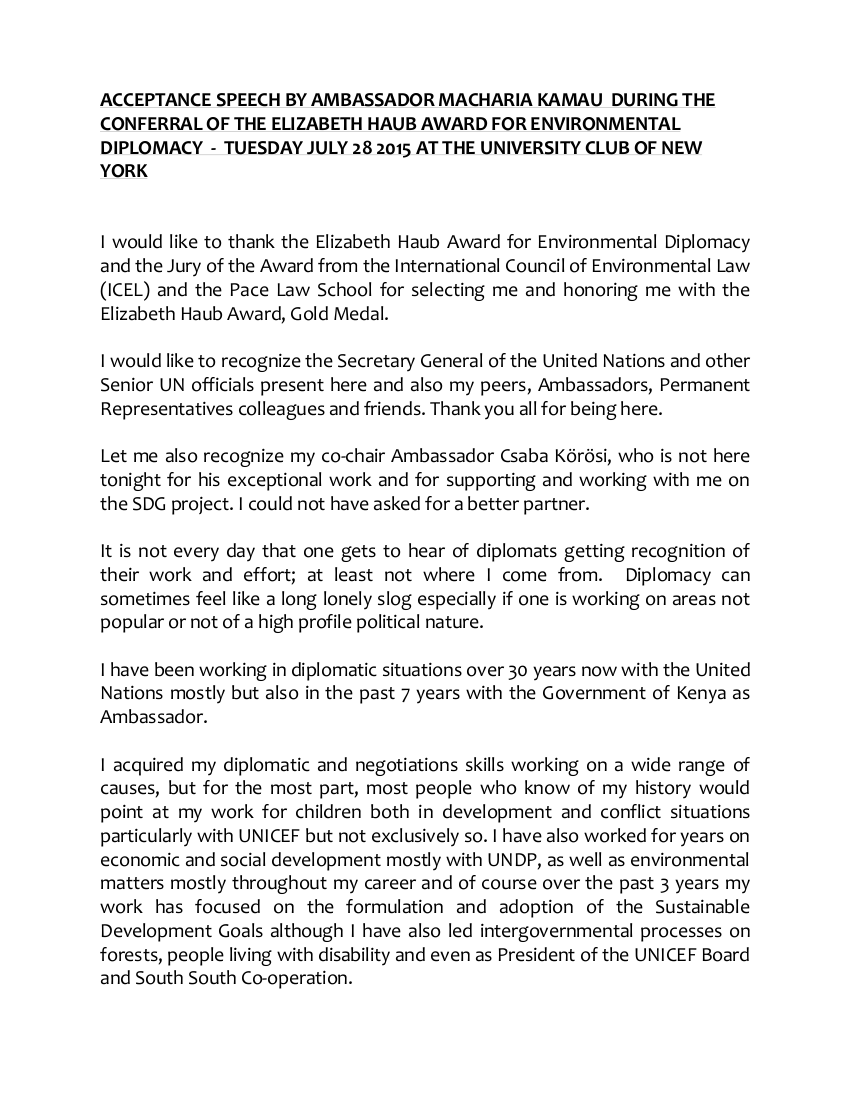
Size: 76.4 KB
Dr. Helena Ndume Acceptance Speech for the United Nations Nelson Rolihlahla Mandela Award
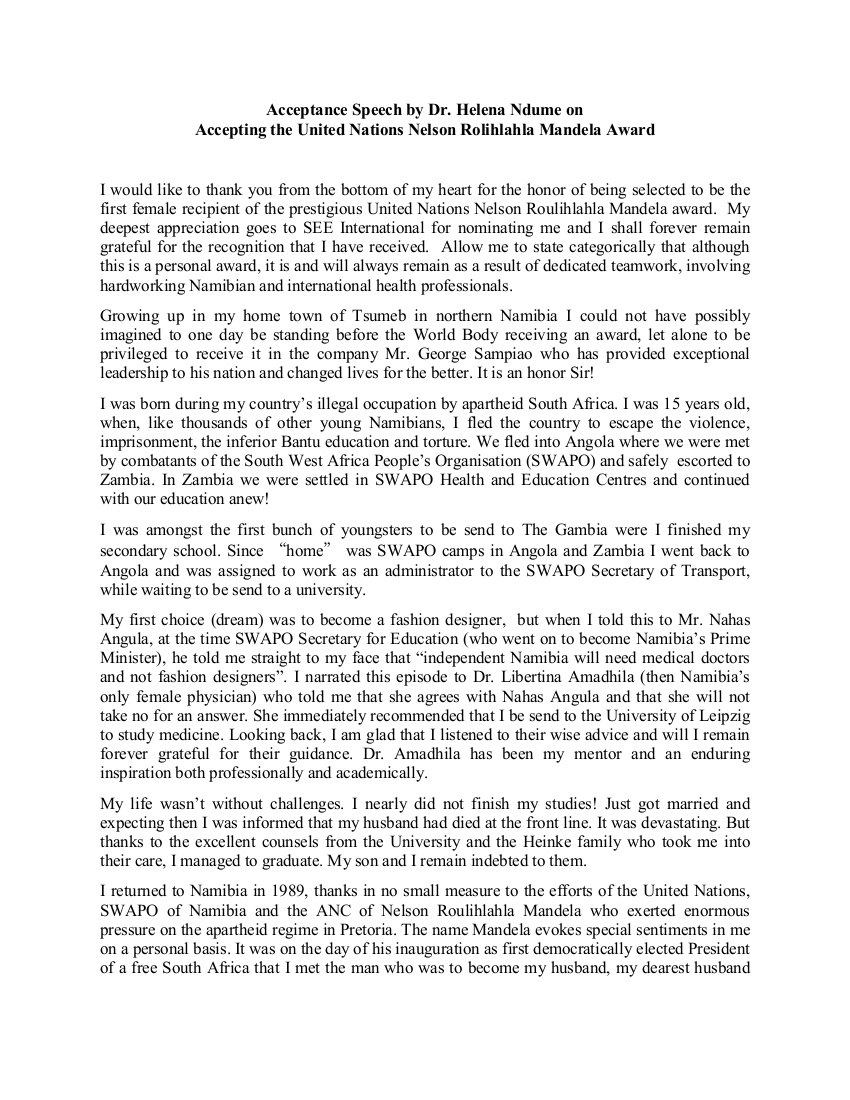
Size: 68.7 KB
President-Elect of Nigeria Acceptance Speech
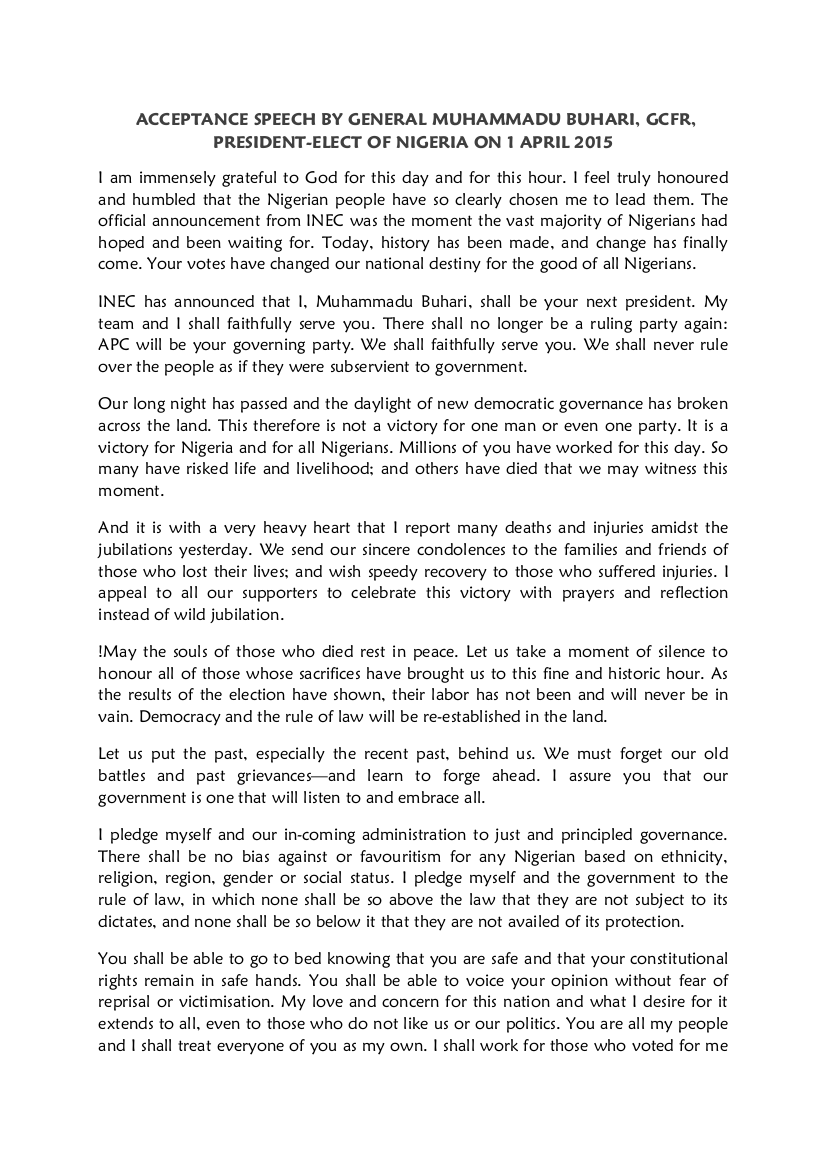
Size: 70.3 KB
Author Award Acceptance Speech
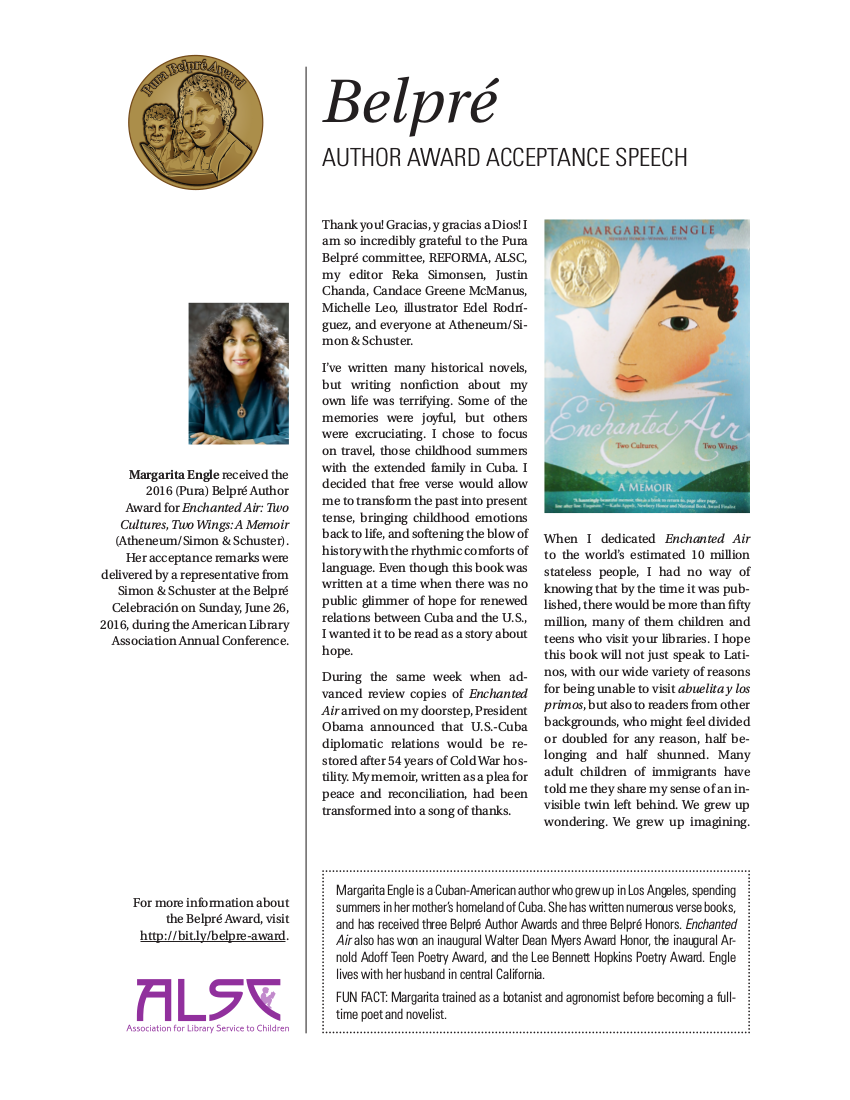
Size: 2.5 MB
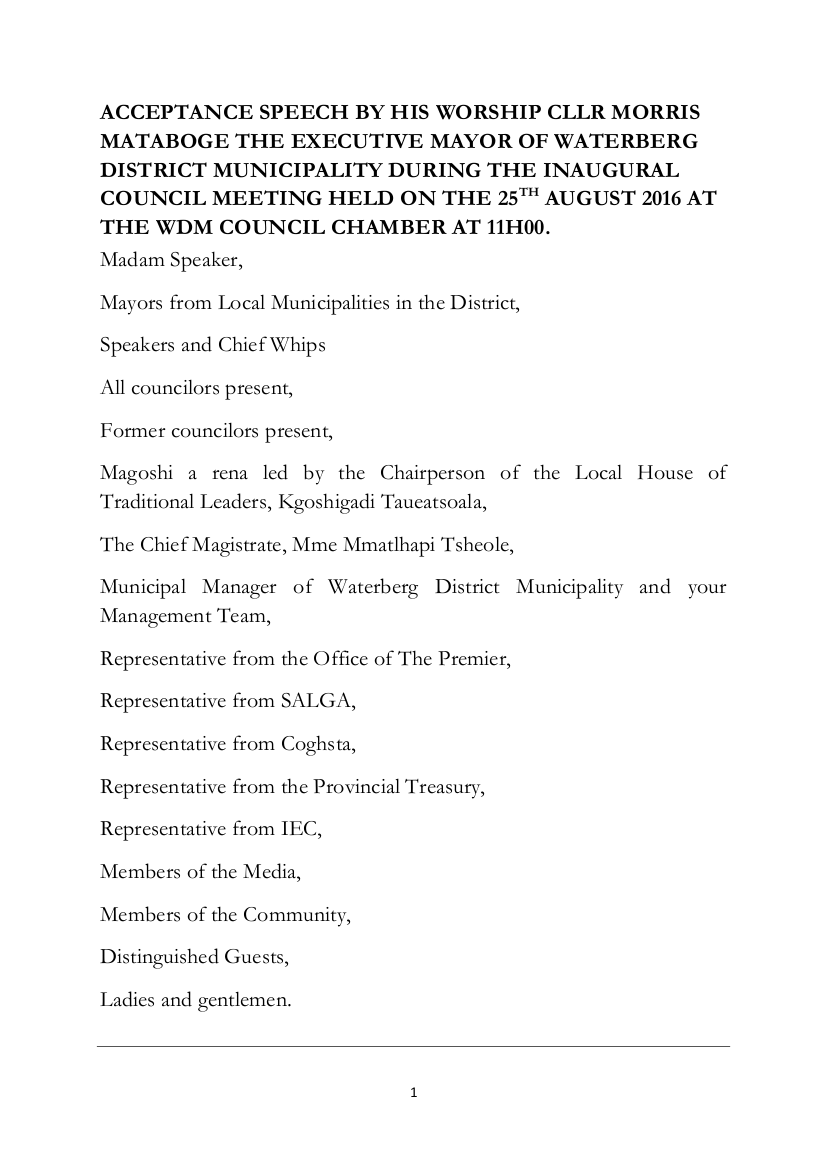
Size: 181.8 KB
Peace Prize of the German Book Trade Conferment Speeches

Size: 592.6 KB
Newly Elected Mayor Acceptance Speech
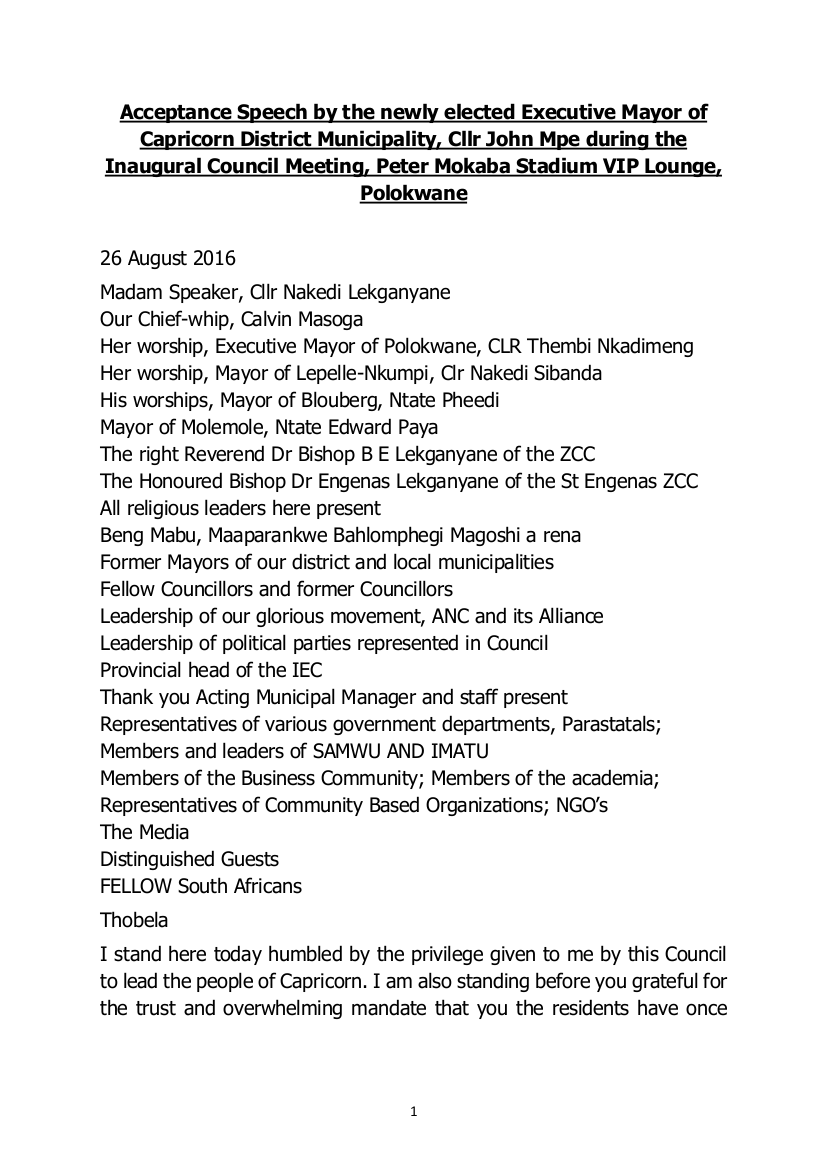
Size: 225.7 KB
Barack Obama Victory Speech
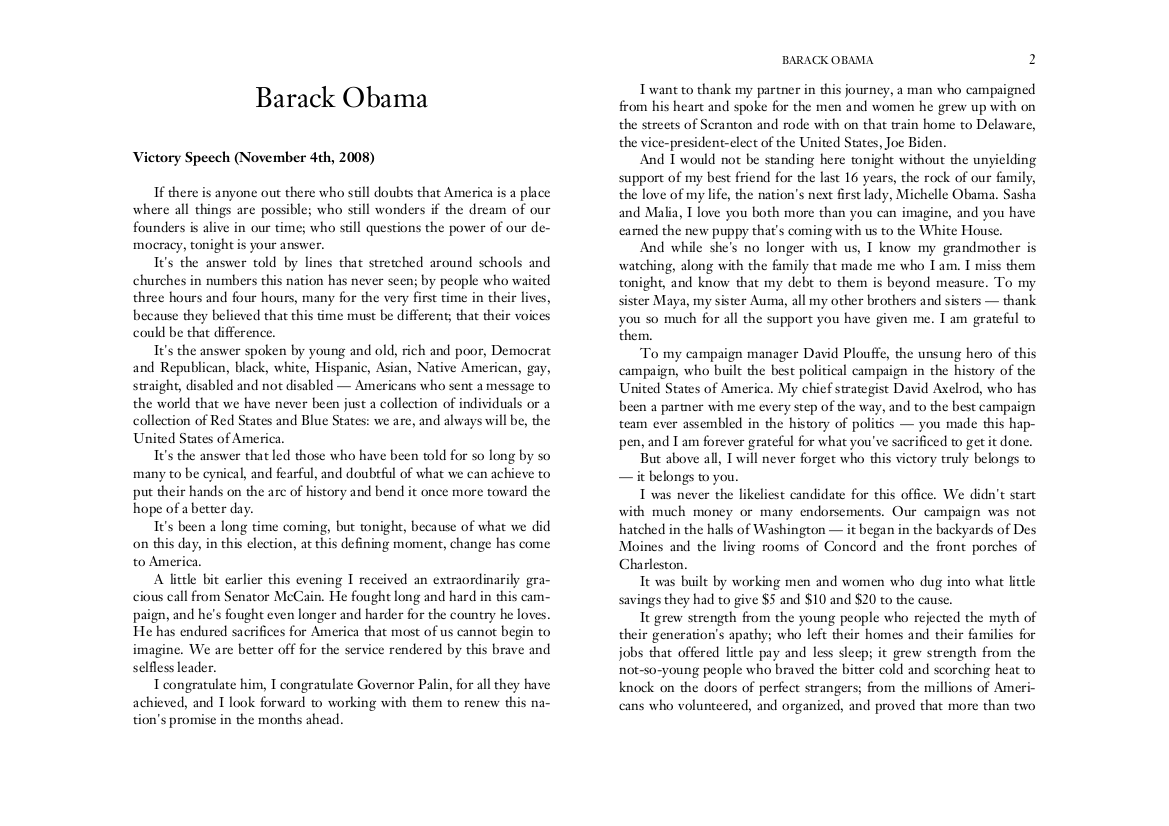
Size: 64.7 KB
Paul Collier Acceptance Speech
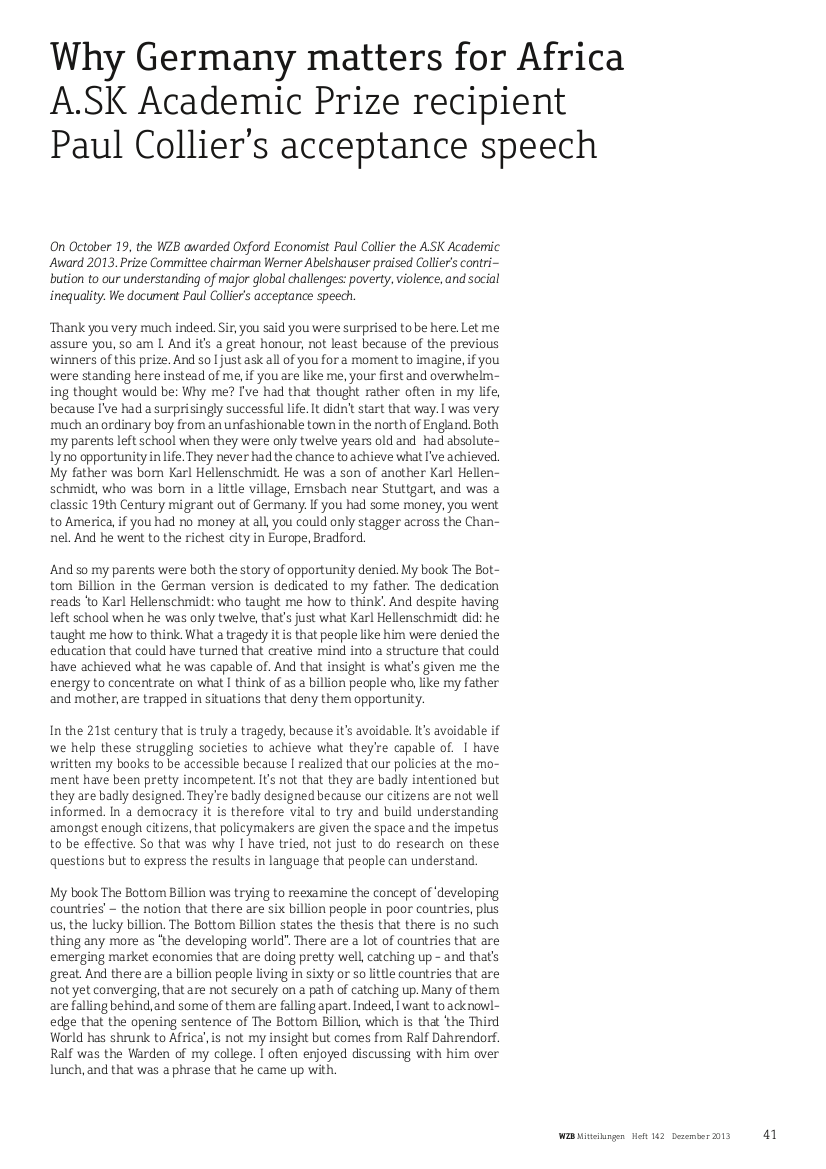
Size: 147.6 KB
Lifetime Achievement Award Acceptance Award
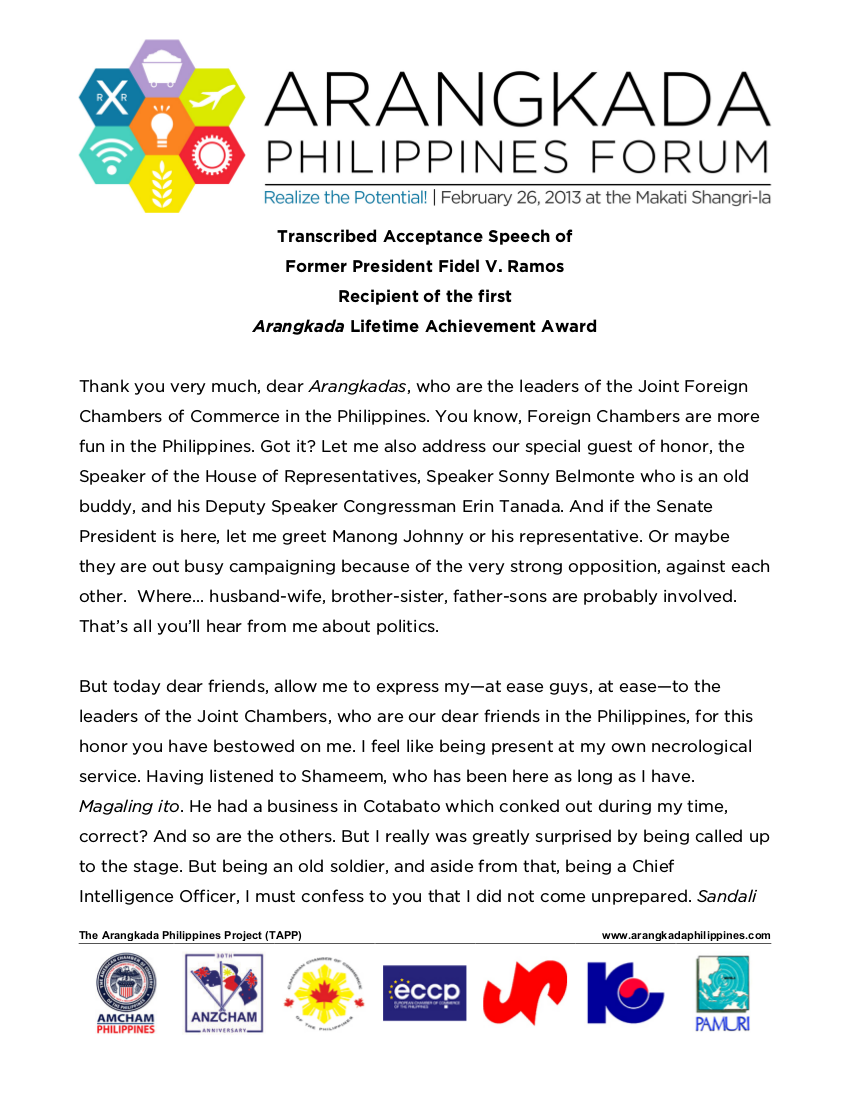
Size: 752.3 KB
Deacon Acceptance Speech
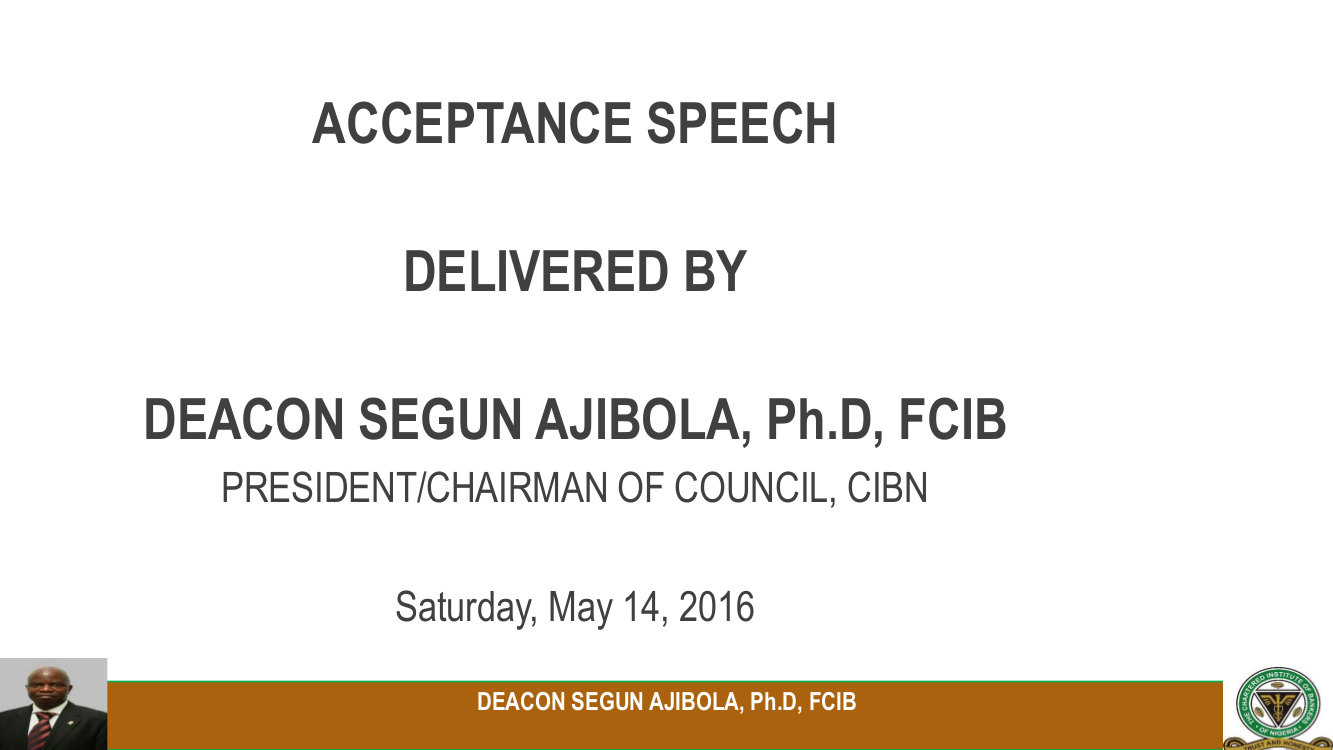
Size: 27.3 MB
Author Acceptance Speech
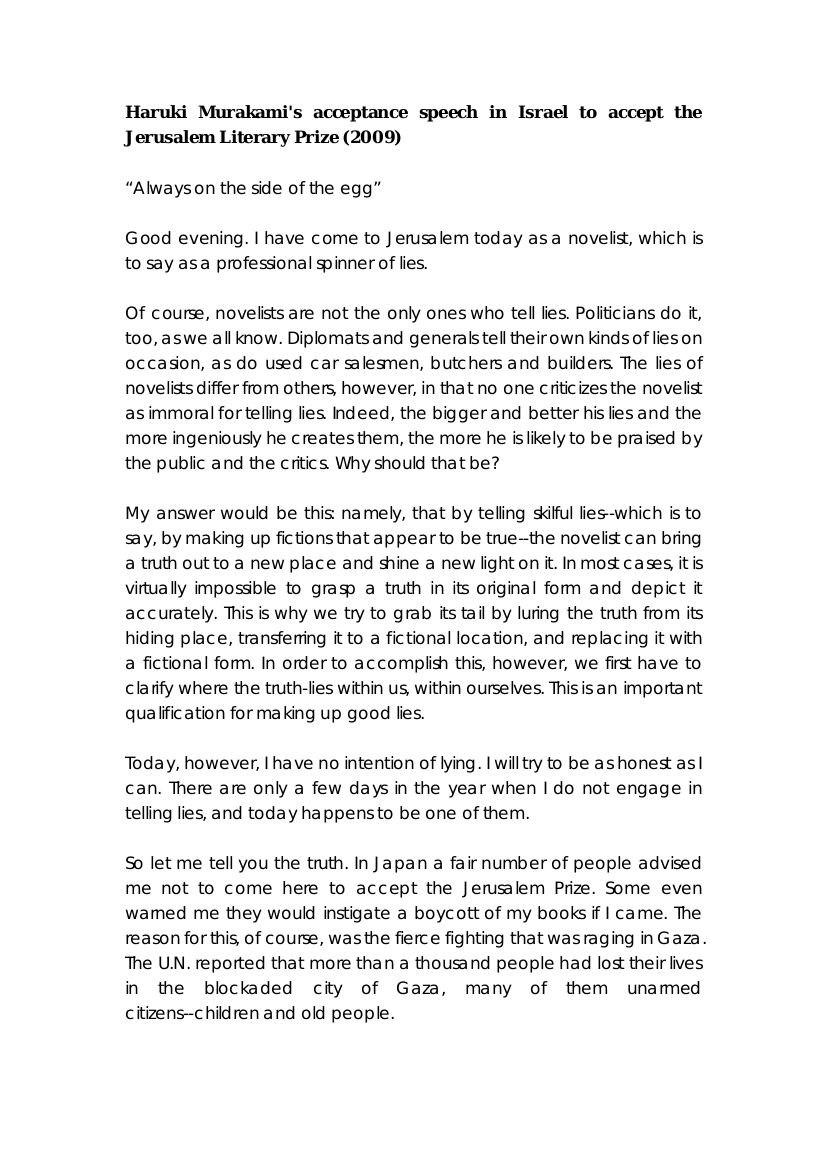
Size: 18.0 KB
Jean Todt Acceptance Speech
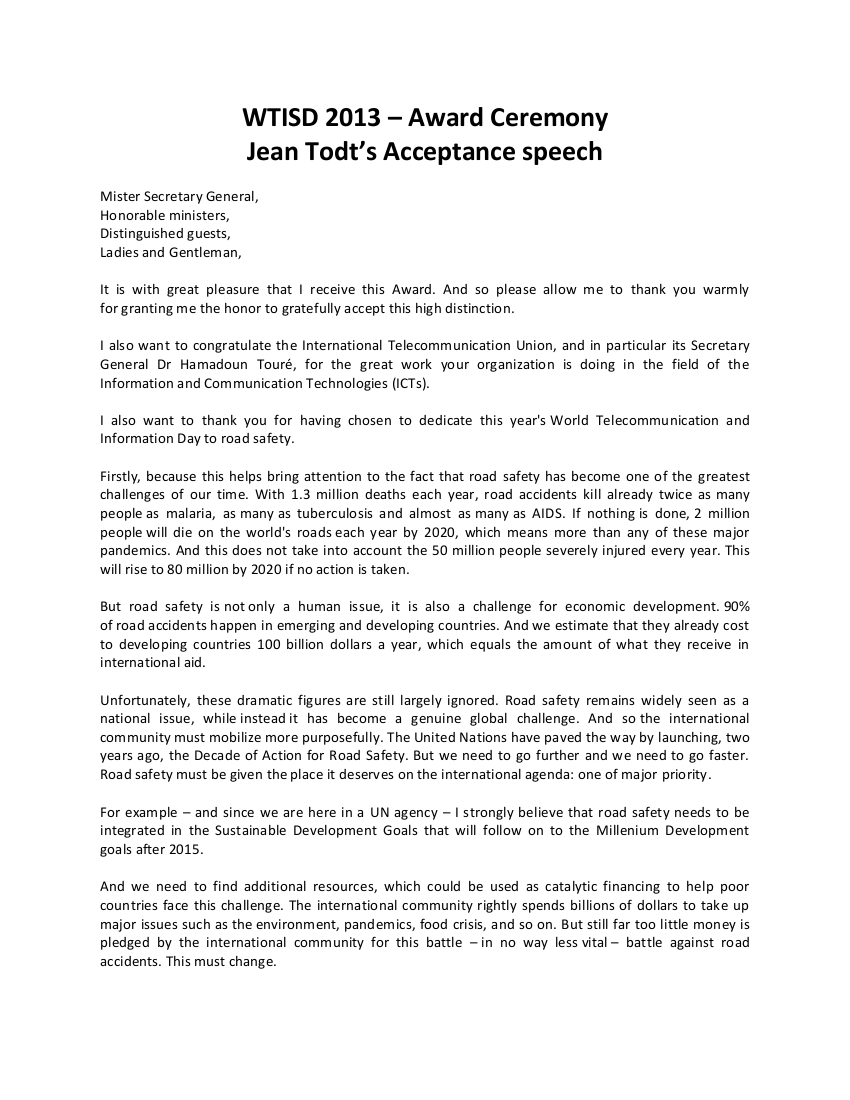
Size: 212.9 KB
3 Simple Ways in Writing an Award-Winning Acceptance Speech
If you already know that you would be recognized and awarded, you should always prepare your acceptance speech beforehand. Unless you’re eloquent and confident enought that you would be able to ace an imprompty acceptance speech, then you may go ahead and skip the following list. But if you feel like you would still need to work on your writing your speech, then read this:
1. Make an Outline
Always start any writing composition with an outline. The outline will serve as your guide through out your writing process. This will give you direction. Make sure that in your oultine, you will have the parts of your speech as headers and right below the headers or the major parts of your speech are the ideas that you would want that part to contain with.
2. List Down the People You Would Want to Thank and Acknowledge
List down all the possible names of people and groups or organization that you would want to share your recognition or award so that you would not have a difficulty in remembering them when you would actually be already delivering your speech. You wouldn’t want to get any chances of being a person who shows no gratitude if ever you would forget to thank even one person or group of people, right?
3. Be Sincere and Genuine
Remember that the heart of every acceptance speech is gratitude and we all know that gratitude should always be sincere and genuine. It is not real gratitude if you would be all fake in your expression of thanks. It does not take a million to be genuine in thanking people that you should really be thanking. Always make sure that you have recognized every effort made by the people who helped you along the way and make sure that in thanking them, you sincerely and truly do.
Text prompt
- Instructive
- Professional
Write an Acceptance Speech for a community leader award.
Create an Acceptance Speech for a business innovation competition.
How to Give an Award Acceptance Speech
April 6, 2023

We’ve all done it—imagined giving an acceptance speech for winning gold in Olympic figure skating, Album of the Year, or a Nobel Prize. We’ve watched countless examples of award acceptance speeches that begin with I’d like to thank… Maybe you’ve even practiced this speech, teary-eyed in front of your mirror, thanking all the people who helped you get to where you are today.
While you might think that giving an acceptance speech at one of these prestigious award ceremonies is a pipe dream, it can’t hurt to be prepared. There are all kinds of organizations that put on award ceremonies to honor local businesses, changemakers, excellent students—there are even awards for safe driving. You name it, there’s a prize for it.
This article will discuss several key components of giving an award speech. These include:
- Famous examples of award acceptance speeches
- How to write an award acceptance speech
- Delivering your acceptance speech
By the end of this article, you’ll be well-equipped to give a fantastic award acceptance speech in front of an audience (or just in the mirror).
Examples of Great Award Acceptance Speeches
Before you start putting together your own acceptance speech, find some that exemplify the genre of awards show speeches. These can serve as inspiration for your own acceptance speech. Here are a few from this year’s major awards shows that will go down in history as outstanding, unforgettable speeches, along with top keyword analysis courtesy of Yoodli .
Ke Huy Quan’s Acceptance Speech at the 2023 Academy Awards

Ke Huy Quan won Best Supporting Actor at the Oscars this year for his role in Everything Everywhere All at Once, a film that swept the awards show with seven wins in the directing, acting, and best picture categories. Quan’s most frequently used keywords, according to Yoodli’s speech analytics, include thank, brother, day, love, mom, and much .
Kim Petras’s Acceptance Speech at the 2023 Grammy Awards
On February 5th, 2023, Kim Petras made history by becoming the first transgender woman to win a Grammy. Yoodli’s AI speech coach identifies her top keywords from this speech as award, believed, transgender, hit, go, and home .
Beyoncé’s Acceptance Speech at the 2023 Grammy Awards
The 2023 Grammy Awards was a historic event across the board: on February 5th, 2023, Beyoncé made history as the most awarded artist in the history of the Grammy Awards. The Yoodli speech app identifies five top keywords from Beyoncé’s acceptance speech: thank , like , beautiful , much , and trying .
In all of these speeches, notice how top keywords reflect something about the speaker, their work, or the award they are receiving. Examining other successful speeches’ top keywords can help you when coming up with your own acceptance speech. Think about what keywords you want to feature when you accept your award.
Last but not least, there is, of course, Will Smith’s infamous award acceptance at the 2022 Oscars. This speech is not particularly noteworthy in itself—rather, it’s notorious because of what happened before Smith’s acceptance speech. We just couldn’t discuss well known award acceptances without mentioning The Slap.
How to Write an Award Acceptance Speech
How you structure your acceptance speech can differ depending on the event you’re speaking at. Some award shows have strict time limits for award acceptances. Luckily, you can avoid the embarrassment of orchestral music playing you off stage with some simple preparation. For that type of event, you need to prioritize people you want to acknowledge . Next, determine what keywords you want to feature during your speech. When writing your speech, you need to incorporate these people and keywords in as little text as possible.
Not all award ceremonies have such limited time slots, though. If you aren’t concerned about keeping your speech down to 45 seconds, you’ll have a bit more freedom in structuring your speech. Again, you should use keywords and significant people as the guideposts for structuring your script. One strategy you can use to fill the time and captivate your audience is incorporating anecdotes . One way to do this is thinking of a personal story that illustrates how someone helped you on your path to success. That person should be one of the people who contributed to your winning this award. An anecdote like this can serve both to acknowledge someone important to you and to share a more personal side of you with your audience.
The Bottom Line
Regardless of how much time you are allotted, the ability to express yourself concisely is essential when delivering a powerful speech. Tools like Yoodli ‘s AI speech coach are great resources for developing the skill of speaking as concisely as possible. Yoodli gives you automatic feedback on your use of fillers and redundant words. We often use unnecessary fillers without being conscious of them. This is why getting quantitative feedback— you used seven ums in your introduction —is a gamechanger. Minimizing repetition and filler words can not only help you deliver an excellent speech under a time crunch, but also make you a stronger speaker overall.
For most award ceremonies, you won’t need to completely memorize your speech; it’s perfectly acceptable to read from a notecard. However, memorizing a speech can help you deliver it to your fullest potential and reduce nerves. Check out our blog for advice on how to memorize a speech .
The difficulty in delivering one of these speeches is in finding the balance between confidence and humility. You need to be prepared, but not too prepared. If your speech isn’t well-structured and rehearsed, the audience might assume you don’t deserve the award. On the other hand, if your speech is too polished, you run the risk of coming off as arrogant, as if you knew you would win over the other nominees. There is a level of performance and theatricality required for this—maybe this is why great actors give such great acceptance speeches. You don’t have to be an award-winning thespian to find the balance between appearing confident and humble; all you need to do is prepare well and practice. Again, watching examples of famous award acceptance speeches is a great strategy for deciding how to deliver your speech.
A straightforward way to ensure you come across as humble is acknowledging your fellow nominees . For example, say a few words about how honored you feel to be in the same category as such inspiring people as (insert names here). However, there are many awards that only have one nominee. In this case, research the past recipients of the award. You can then express how honored you are to carry on their legacy.
Practice Makes Perfect
Once you’ve written your speech and contemplated how you want to deliver it, all that’s left to do is practice. Practicing a speech is all about becoming comfortable presenting it. The more at ease you are with your material, the more effectively you’ll be able to deliver it. The end goal is for you to feel 100% relaxed while giving your speech. While any amount of practicing will help you improve your delivery, there are three strategies you should implement to make your practice time worthwhile.
First, time your speech . You should always have a stopwatch or timer at hand during your practice sessions. This is to make sure that your speech fits into the time constraints of your award ceremony. Additionally, it helps you ensure your delivery is consistent—if your speech comes in at four and a half minutes one time you deliver it, and seven minutes the next time, something is wrong and you may have missed a section of your script. Every time you rehearse your speech, it should become more routine and feel more comfortable.
Second, you should record yourself practicing your speech. Practicing in front of a mirror is convenient, but it’s difficult to catch presentation pitfalls in the moment. This can more easily be accomplished by taking a video of yourself giving your acceptance speech and watching it back.
Third, it’s essential that you get feedback when you’re practicing. There’s only so much you can notice about your own speech patterns without getting an outside opinion. Recording your rehearsal sessions can make this process easier. If you have a video, you can send it to people in your circle and ask for their constructive criticism.
Finally, you can integrate these three strategies—timing your speech, recording yourself, and getting feedback—seamlessly into your practice time on Yoodli . Yoodli’s AI speech coach can not only time and record your speech for you, it also automatically provides a transcription. Getting feedback on a speech has never been easier: the AI-powered coach provides suggestions on your presentation, including your rate of eye contact, how concise your language is, and potential follow-up questions to your talk in a matter of seconds. Our platform also makes it easy to share recordings you make in the app with colleagues and friends to get their feedback.
In this article, we’ve discussed the ins and outs of giving an award acceptance speech. We covered famous examples of award acceptance speeches, writing a speech, and delivering it. We hope you feel prepared to graciously accept any award. Whether it’s a Pulitzer Prize or employee of the month, the next award you receive is an opportunity to dazzle the world with your elegance and humbleness. Now go out and get your EGOT.
Start practicing with Yoodli.
Getting better at speaking is getting easier. Record or upload a speech and let our AI Speech Coach analyze your speaking and give you feedback.
- Skip to primary navigation
- Skip to main content
- Skip to primary sidebar
- Skip to footer
Social Mettle
Award Acceptance Speech Samples
Winning an award is quite shocking in itself, and to give an acceptance speech thereafter can fluster you thoroughly. Here, we provide some sample award acceptance speeches that will help you overcome your shock and surprise, and deliver a good speech. Take a look.

So you have been nominated for an award, and you think your chances of winning are high. Of course, every nominee has that thought and as much as they say that there’s no chance that they are going to win, everyone secretly practices their award speeches and their graceful acceptance of the award. While in your head your thoughts are clear and you know exactly what you are going to say, when you actually win the award, things are different. As much as you wanted to win it, you find yourself flustered, scared, shocked, and sort of numb. All those speeches you had practiced are forgotten. As much as you don’t want that to happen, and want to be that person who can crack jokes and elicit a little laugh from the audience upon giving your acceptance speech, just consider the occurrence of the aforementioned scenario likely. In any case, there are always some sample award speeches you can go through, along with some tips on keeping your cool so that you can give the acceptance speech exactly as you had imagined it.
How to Give an Award Acceptance Speech A little charm is all you want, to bedazzle your audience, when you go up to accept the award and follow it up with a speech. How do you go about doing that? Let’s take a look.
- Start by looking good on the day. When you win an award, you will definitely be in the limelight. Whether the award is for scoring well on a subject at the year end in school, or for employee of the year, dress well.
- When your name is called out, go and accept your award graciously. Then, head to the podium to make your award speech.
- Your job is to make a good connection with the audience. Start by thanking the ‘jury’ for the award, followed by a thanks for everyone who has helped you win this award. This does not mean you include your pet’s name in the speech too. You can mention how shocking it is for you to receive the award, but don’t do that unless it comes from within. In some cases, it just looks forced.
- Your speech has to be short. You cannot stretch it for anything longer than two minutes, else it will get boring. Think of how you would feel as a part of the audience, if an award winner would just not stop talking about what his award means to him.
While these were some basic tips on writing a good award speech, here are two samples that will give you an idea about giving an excellent speech.
| Good Evening Ladies and Gentlemen! I am extremely honored to be receiving such an important award (mention the name of the award). I am earnestly grateful for the recognition I have received for my work, because I am very sure that every other nominee for this award was as capable if not more, of winning this award. I have faced several challenges on my way here, but each one of them has only strengthened me to make me the person I am today; a thorough professional who knows exactly what she wants; someone who sets her eyes on a goal and does not lose sight of it, unless it is achieved. Winning this award would not have been possible without the inspiration I have received from my seniors and my colleagues, for whom I have the deepest respect, and from whom I have derived the strength to challenge myself and perform better at each stage. I sincerely thank eachone of you (mention a few important names if you wish to) for helping me reach a stage where I can proudly hold up this award as a mark of my achievement. I also promise to only get better at my work so that you can see me here for a more such awards. Thank you! |
| Good Evening Everyone! Having been a student of this university for three years now, I can safely say that I never thought I would be standing here and receiving this award for (mention award name). In the last two years, I assure you, I have tried my best to get here, but there was always someone who outdid me. In retrospect, I think it was a good thing because it made me want to only do better than I ever did. Never have I felt this intense passion to win an award or any accolade for that matter. I don’t know what changed me, but whatever it was, I’m glad that it did. Let me tell you that it is not just my sole effort that has brought me here. I would like to make a special mention of a professor, Ms./Mr. (Name) who has been my mentor throughout my stay here. It is only her who saw the passion in me when I couldn’t see it myself. She saw my talent and honed it such that I am now standing here and talking to all of you about it. Everyone needs such a mentor in life, and I am lucky to have found mine. Thank you Ma’am for making me who I am today. On a closing note, all I want to tell each one of you present here today, is that you should never, never, never give up, even if you are convinced that it’s all over. It’s not over unless you want it to be, and a true example of this is me, standing right here, in front of you. Thank you very much! |
All in all, an award acceptance speech has to be given straight from the heart. No matter how much you read up and how much you practice, it is the flood of emotions at that particular moment that directs your speech. If you can be funny, feel free to add a dash of humor to your speech. Just don’t crack jokes that will dampen the audience’s mood. If you think you can’t be funny, keep it simple, and you will do just fine. All the best!
Like it? Share it!
Get Updates Right to Your Inbox
Further insights.

Privacy Overview
- Skip to main content

How to Write Great Acceptance Speeches
by Jezra on August 2, 2023
For the past few years, I’ve had the honor of writing speeches with some of America’s greatest (American) football players.
And I’ve also had the honor of being featured in a New York Times article about that work.
How can that be? (you might ask), when I know almost nothing about football or, in fact, any sport besides lying on the couch reading romance novels?
It can be because we are writing acceptance speeches
Are All Acceptance Speeches Created Equal?
A speech that you would give to accept an Academy Award or enshrinement in the Pro Football Hall of Fame is not the same as a speech you would give to accept an honorary degree or thanks from a local charity.
But they’re not that different, either, because they’re all about the gratitude you feel toward the community that’s honoring you .
So—at the risk of making myself obsolete by sharing these professional secrets—I’ve sketched out an approach to expressing that gratitude in an organized way, in a limited amount of time.
The Elements of Good Acceptance Speeches
You don’t need to hit all of these beats, and you don’t need to deliver them in this order. But if (like my clients who are being enshrined in the Pro Football Hall of Fame, you have dozens and dozens of people to thank), this outline will help you pull that off.
1. “Housekeeping”
(So called because it’s not part of the body of your speech)
- Greet the audience. Let them know how much you appreciate their presence.
- Thank the organization that’s honoring or recognizing you.
- If this is relevant, comment on how proud you are to be part of the long tradition of exceptional people who’ve received this honor before you.
- And if you’re inclined to thank God, this is a good place to do that, too.
2. Share a Little Background
- If it’s appropriate and you have time, share a little bit about what started you on the path to this award.
- This could be as short as 30 seconds or as long as several minutes.
- If you have a charming or funny story about your early involvement with the topic, now is the time to tell it.
3. Acknowledge Your Debt to Others
- Let the audience know that you know that you couldn’t have made it this far without help from many, many other people—some of whom are present today. (Don’t list them all right now, that will come soon. 🙂
- Lots of people thank and/or talk about their parents at this point in their acceptance speeches. Whether your folks drove you to football practice or gave you a moral foundation that helped you excel, they helped put you on the road to success.
4. Now Talk About the People Who Helped You Develop and Grow
- Begin with the people who helped mold you into the person you are today. They deserve the most recognition, and if you have time, a brief comment about what makes them so special to you.
- Then, as you go down the list, you can start putting slightly less important people into groups (“all of the great line coaches I worked with, including…”). Here, you’re mostly listing people, since you don’t have time to share a personal detail about each one.
- Finally, thank people in categories (“the great back office team,” “all of our fine training staff,” etc.)
- And don’t forget your audience members, fans, or volunteers who helped you achieve your success . (You wouldn’t anyway! :-)) Without them, you would literally be nowhere.
5. Finally, Thank Your Family
- Your spouse, your children (if any), maybe your siblings, your parents (if you haven’t already spoken about them), and again, God, if God is central to your life, all deserve public gratitude.
- Say a few words about what your family members have sacrificed, how they’ve stood by you during the hard times, and how they are the best spouse/kids/siblings anyone could ever have! (Assuming that all of this is true. If it’s not, don’t say anything! :-))
6. If You Want, Get Big Picture
- If you want to share advice, or a philosophy of success, now’s a good time to do that.
- And if you told a personal story at the beginning, does it tie back to your advice? (“Watching my Dad work in the fields helped me understand how to be a success in life…”)
- Make your advice (or the values you’re recommending) simple and to the point.
7. Close with More Thanks
- “So I just want to say again how much I appreciate being part of this great community. Thank you for being here with me today; I’ll never forget it.”
- “All of you are the reason I’m getting this award, and I wish I could share it with each and every one of you. So thank you again, and let’s keep winning together.”
Ready to Write Your Acceptance Speech?
Even though acceptance speeches generally hit these traditional beats, they should still be highly individual. Your speech should convey your feelings , and your thoughts, in a way that nobody else but you could express.
Writing acceptance speeches isn’t rocket science— but it is a skill that, as the New York Times pointed out, speechwriters like me have worked hard to perfect.
So if you find out that you’re going to be honored, congratulations!
And if you want a hand with your acceptance speech, just give a yell.

You May Also Want to Read...
- Your Complete Guide to Making Public Speaking Notes Work for YOU
- Public Speaking Tip 4: Writing "Rules" Aren't for Public Speaking
- Public Speaking: Give a Great Wedding Toast
What Not to Do If You Win an Oscar
A Hollywood speechwriter on what makes for a great—or a terrible—moment at the mic

The moment an artist wins an Oscar or a Grammy or a Tony, they are handed two things: some kind of statue (sure, nice) and, perhaps more important, 45 seconds—maybe a minute, two tops—of live, relatively unbridled stage time with millions of people watching. They can use that time however they choose, thanking their parents, thanking their agents, thanking God, advocating for causes, crying. After that the music will play.
Wendy Shanker is a writer with a niche skill: She helps celebrity clients draft acceptance speeches so that they can maximize these high-adrenaline, high-profile moments.
Shanker told me that she once found herself moved to tears when a client seemed to be forgoing the drafted speech in favor of something else—only to suddenly realize that Shanker herself had in fact written the words in question. “She’s such a phenomenal actress that I didn’t even recognize my own writing,” Shanker said.
Ahead of this weekend’s Oscars, Shanker and I caught up by phone to discuss the art of acceptance speeches (keep the thank-you list short, she says) and her biggest pet peeve (reading off a phone).
Our conversation has been condensed and edited for clarity.
Caroline Mimbs Nyce: Let’s pretend you get hired by a new A-list client tomorrow. Walk me through your process.
Wendy Shanker: My process is to try and do a lot of research and to get to know that person’s voice as well as I can before I actually connect with them directly. So I’m reading interviews and watching videos. The best is when I do get to work directly with that client as opposed to going through a publicist or a manager. Just even having a really brief conversation with somebody, I can really hear really, really quickly what it is that they want to say and the voice that they want to say it in. And I can also provide a little bit of guidance to them on what might work and what might not work.
A good example of this would be I wrote an acceptance speech—this wasn’t a televised show; this was a private event. A woman was being honored, and her team had said, “Look, whatever you do, don’t talk about her mother.” Her mother is also famous. “Don’t make this about her mother.” I went, “Okay, okay, okay.” And then I got 10 minutes with my client on the phone. And the first thing she said is, “I really just wanted to talk about my mother.”
Read: The speeches that saved the Golden Globes
Nyce: Do you think they were trying to keep her from it?
Shanker: I don’t think they were trying to keep her from it. I just think nobody knows the heart and soul of what that person wants to say in the moment except for that person.
Nyce: Do you ever get intervening agents telling you, “Don’t let them say that. Cut that line”?
Shanker: Yeah, that happens a lot. Most representatives are trying to protect their clients. But a lot of what I do is get this very busy person to focus in on this thing they know is coming and haven’t really thought about. Just like any of us lowly humans, they procrastinate. The conversation with me gives them time to shut out all the other noise and focus on What is it that I really want to say?
Nyce: About how long are acceptance speeches usually?
Shanker: It depends on the show. For a network show that’s airing live, the time is tight; it is 45 seconds or 60 seconds. While the person on the stage is accepting the honor, there are the producers backstage trying to figure out how long they’re going to let them talk. Maybe it says 45 seconds on the clock, but if you’re saying something really good or you’re a legend in the industry, they’re going to let you go a little longer. I’ll also say from the producing side of it that nobody ever wants to cut anybody off.
A lot of people don’t want to prepare because they think they’re going to hex it. And I would like to congratulate anybody who thinks they have the magical-thinking power to win or lose an Oscar by preparing a speech or not preparing a speech.
Nyce: How much can you fit into 45 seconds?
Shanker: I advise clients to have one central thought, especially one that could be connected to your performance or your album or the theme of the project that you were in—something that speaks to a social or cultural issue connected to the work that you are being honored for.
I really, really encourage people to limit the thank-you list. If there’s one special thank you that you want to give out—to your parents or to your fifth-grade theater teacher or to the real-life person whom you were portraying on screen—great! But we don’t need to hear about your agent’s assistant’s assistant’s Uber driver. If you are going to go the list way, write them down, practice it, get everybody in there. “Oh, I’m going to forget somebody!” I should never hear that from you onstage.
Read: My favorite awards-season ritual
Nyce: This gets at the question of “Who are award speeches for?” The people in the room or the audiences at home?
Shanker: We all know that the numbers of people watching awards shows are sinking. And I think that’s because we have so much access to a lot of these people that we laud all the time. The Oscars might have been the only time in a year when I would get to hear Barbra Streisand say something. But now Barbra’s tweeting.
I think people get excited about the pageantry of it. I think people still get excited about films and albums and Broadway shows that mean something to us and mean something to the culture, that give us something that we didn’t have before.
And there’s still so much coverage of these shows. We get excited when our beloved film wins and frustrated when it goes the wrong way. So they continue to have a lot of cultural worth, even if they’re losing the numbers.
Nyce: What have you noticed about the acceptance speeches this season? Are there any that have stood out to you?
Shanker: I do think there’s real joy in seeing people who have been in the industry for a long time and haven’t been recognized speak. Ke Huy Quan has this amazing comeback story, and that’s what a lot of his speeches have centered on. Michelle Yeoh is talking about inclusion and representation in a really wonderful way. It’s thrilling and exciting to hear Jamie Lee Curtis say , “I’m 64, and this is just amazing.” Sheryl Lee Ralph bursting into song —completely memorable. Watching Jennifer Coolidge get a lot of awards in this cycle has been super fun because she’s another person who’s worked for decades in an industry that hasn’t always been kind and generous to her or to her talent. When she’s up there, I think she’s being very genuine, and she’s also savvy about giving the audience what they want.
Nyce: What are some of your acceptance-speech pet peeves?
Shanker: My No. 1 pet peeve is going onstage with your cellphone. To me, it just seems unprepared and casual; it doesn’t step up to the intensity and honor of the moment.
The other thing that really bugs me is false humility. When people approach and go, “I just didn’t think I’d … Who, me?” It’s like, You were nominated. You campaigned for it. You’ve spent months wining and dining and talking to people. You’ve been standing in front of a mirror with a hairbrush since you were 4 years old. This is not a shock. Humility is wonderful, but false humility is annoying.
About the Author

More Stories
Why Does AI Art Look Like That?
California’s Fire-Insurance Crisis Just Got Real
Acceptance Speech Example
As a college instructor and communication expert with extensive nonfiction and educational writing experience, Mary shares tips and advice related to a wide variety of topics.
Learn about our Editorial Policy .
If you receive an award that's presented at a public event or membership gathering, you will be expected to deliver a short acceptance speech. This speech is your chance to say thank you to the awarding organization or individuals and also serve as an inspiration to others who may have goals similar to yours.
Template for an Acceptance Speech
Writing an acceptance speech doesn't have to be difficult, especially if you start with this fill-in template as a foundation on which to build. Open the template by clicking the image below. If the document doesn't open right away, use the tips in this guide for printables to troubleshoot.
- Impactful Volunteer Appreciation Speech Samples & Tips
- Self-Introduction Speech Examples & Tips to Help You Be Confident & Calm
- Student Council Speech Ideas & Tips to Help You Win
After the document launches, click anywhere in the highlighted area to make text changes using your keyboard and mouse. You can change as much or as little of the wording as you like, being sure to fill in the areas between the brackets ([ ]), as they represent spots where you'll need to specify information relevant to your individual situation.
When you're finished customizing the document, use the toolbar commands to save, then print.
Acceptance Speech Writing Tips
Even though this template can give you a head start on writing your speech, the final document will have to be customized to your particular situation. Key tips to keep in mind include:
- Before going to the award ceremony, find out if the winner will be expected to deliver a speech and ask how much time is allocated for the individual to speak. This will help you determine how long your remarks should be.
- Be a gracious winner, acknowledging others who were nominated for the award (if you have access to that information) and saying thank you to the awarding organization and individuals who helped you along the way with whatever it is you are being recognized for.
- Put careful thought into deciding who you need to acknowledge when delivering your remarks. It is much better to spend time up front making sure you include everyone rather than having to apologize for leaving someone out after the fact.
- Avoid coming across as arrogant. Instead, be sure that you accept the award in a spirit of humility and gratitude.
- End with a focus on the future, addressing what may come next for you as a result of experiencing the honor of receiving the award.
Accepting an Award With Style
Delivering a sincere, quality acceptance speech will guarantee you come across as a consummate professional who is both humble and accomplished. Practice your remarks carefully ahead of time, and take your notes with you so you have them to rely on when delivering your speech.
- entertainment
- big picture
- Entertainment
2024 Logie Awards: Felix Cameron delivers emotional speech
The 2024 tv week logie awards ceremony is being held at sydney’s the star.
August 18, 2024
Felix Cameron got emotional during his acceptance speech at the 2024 TV Week Logie Awards.
On Sunday night, the 15-year-old actor won his first ever Logie for Netflix's hit series Boy Swallows Universe .
During his acceptance speech, the actor, who bagged the Graham Kennedy Award for most popular new talent, got teary-eyed by saying, “I'd like to thank my friends, family, my brother and my sister and my mum and dad.”
He went on to say, “I'd like to thank my dramaturg Nadia Townsend, I couldn't have done it without you.”
Felix then burst into tears, telling the audience “I'm so sorry.” The crowds responded with applause showing their support for the actor.
His co-star Lee Halley, who was nominated in the same category, described being at the Logie Awards as a "pinch-me moment" on his X (formally known as Twitter) account.

“We're both just happy [the show is] doing so well and so many people around the world have connected to it and loved it,” he added.
The series dominated the Logies as Bryan Brown winning the Silver Logie for best supporting actor, Sophie Wilde winning the best supporting actress and the series itself nabbed Best Miniseries.

Inside Princess Kate's 'ring of steel' that helps her fight cancer with privacy

George Clooney weighs in on the importance of focusing on life

Rob Lowe reflects on 1983 movie with Tom Cruise: He ‘took it to another level'

Olivia Rodrigo reveals how she escapes boredom on tour

Rice Speechwriting
Winning words: speech for getting award tips, winning words: speech for getting award, what are the key elements of a successful award acceptance speech.
The key elements of a successful award acceptance speech include expressing gratitude for the award, acknowledging the people who supported you, sharing personal anecdotes or stories, and inspiring others with your words. Keep it concise, heartfelt, and genuine to make a lasting impression on your audience.
Winning an award is a momentous occasion that deserves to be celebrated. Whether you’re accepting an Academy Award or a simple certificate of recognition, your speech can make all the difference. Crafting a winning award speech is no easy feat – it requires understanding the nature of the occasion, expressing gratitude in a meaningful way, and tailoring your words to suit the specific award. In this blog post, we will take a deep dive into everything you need to know about creating an award-winning speech. From understanding the purpose and emotional impact of an award speech to tips on expressing gratitude and structuring long and short speeches, we’ve got you covered. By the end of this post, you’ll have all the tools you need to create a memorable and unforgettable acceptance speech that leaves a lasting impression on your audience.
Understanding the Nature of an Award Speech
Crafting an award speech requires skill and insight into the significance of the occasion. It serves as a testament to hard work and dedication, marking a momentous achievement deserving of genuine gratitude and humility. Winning an award is an esteemed honor, and the speech should reflect the pride and appreciation felt. Public speaking plays a crucial role in delivering an award acceptance speech , conveying the awardee’s emotions effectively. Recognizing the value of the award and expressing sincere thanks are essential aspects of mastering the art of delivering an impactful award speech.
The Purpose behind an Award Speech
Crafting an award speech provides the opportunity to express acceptance of challenges overcome, reflecting on hard work, and perseverance. This can be done by acknowledging team members and expressing gratitude to the most important people in your journey. Emphasizing one’s own speech style adds an emotional impact to the delivery of the award speech. An award speech marks a momentous occasion for the awardee, representing a significant acknowledgment of their dedication and hard work. It is crucial to ensure that the award speech sincerely reflects the honor of winning and the impact of public speaking in this context.
The Emotional Impact of an Award Speech
Crafting an award speech is more than just an acceptance; it’s an opportunity to inspire others. It reflects the recipient’s unwavering dedication and perseverance, serving as a beacon of hope for those striving towards their own goals. The emotional impact of an award speech extends beyond gratitude; it symbolizes a profound sense of achievement and marks a significant milestone in one’s journey. Acknowledging the magnitude of the award ceremony, the speech holds the power to uplift and motivate the audience. An award speech is not just a formality; it’s a testament to the recipient’s hard work, making it an intrinsic part of the entire award experience.
Expressing Gratitude in Your Speech
Crafting an award speech calls for demonstrating sincere gratitude and heartfelt appreciation. Expressing thanks in an award speech not only acknowledges the great honor of receiving the award but also reflects the awardee’s dedication and perseverance. It’s important to ensure that the ways to express gratitude are genuine and thoughtful, as these speeches serve as an acceptance speech for various challenges overcome. Thank you speeches at an award ceremony carry significant emotional impact and should be crafted with care to have an authentic and positive effect. The emotional impact of an award speech is a reflection of the awardee’s journey and offers a good platform to express heartfelt gratitude.
Importance of Saying Thank You in an Award Speech
Crafting an award speech involves demonstrating genuine gratitude for the recognition received, forming an essential part of the acceptance speech. By expressing sincere thanks, you highlight the significance of the award ceremony and convey the honor it brings. A well-crafted award speech reflects the awardee’s dedication, perseverance, and appreciation for the recognition. It is a means to acknowledge the great honor of receiving an award, resonating with the emotional impact of the speech and serving as an encouragement for others. Whether it’s an award speech for academic achievements, arts and culture, or sports, the expression of gratitude remains a pivotal element, reflecting the awardee’s humility and appreciation.
Ways to Express Gratitude in Your Speech
When delivering an award speech, it’s crucial to express gratitude sincerely and wholeheartedly. This demonstrates genuine appreciation for the recognition received at the award ceremony. In your speech for getting an award, expressing gratitude is a vital part of conveying the significance of the honor. Whether it’s a thank you speech for an award ceremony or any other form of recognition, demonstrating gratitude in your award speech is an essential aspect of crafting your acceptance speech. By expressing gratitude in your speech for various awards ceremonies, you convey the depth of your appreciation for the honor bestowed upon you.
Examples of Good Thank You Speeches for an Award
Crafting a compelling award speech for various ceremonies demands exemplary displays of thankfulness. Good award speeches exhibit genuine gratitude for the ceremony and the honor bestowed upon the recipient. Expressing sincere appreciation in an award speech is an integral aspect of acceptance speeches. Demonstrating gratitude through examples of thank you speeches is vital for crafting an impactful award speech, amplifying the significance of the accolade received. These examples serve as a beacon of sincerity and gratefulness for the recognition extended at the awards ceremony.
Crafting Your Speech for Different Types of Awards
Crafting an award speech for academic recognition requires a unique expression of gratitude tailored to the specific nature of the award. Similarly, when receiving arts and culture awards, the speech should be customized to reflect appreciation for the artistic or cultural significance of the honor. Crafting an award speech for various ceremonies involves expressing sincere gratitude while tailoring the speech for different types of awards allows for an authentic acceptance speech that resonates with the audience. In essence, the key lies in expressing genuine thanks and appreciation in a manner that is pertinent to the specific nature of the award being received.
Speech for Academic Awards
Crafting a speech for academic awards involves tailoring gratitude for the award ceremony, reflecting sincere appreciation for the recognition. Expressing gratitude for an academic award requires an authentic acceptance speech, demonstrating sincere thanks for the acknowledgment. Tailoring an award speech for academic awards is vital for an authentic acceptance speech. The emotional impact of an award speech for academic awards lies in the genuine expression of gratitude, resonating with the audience and highlighting the significance of the achievement. Good examples of award speeches can guide the crafting of a sincere and impactful acceptance speech for academic awards.
Speech for Arts and Culture Awards
Crafting a speech for arts and culture awards involves tailoring gratitude for the recognition received at the award ceremony. It requires an authentic acceptance speech that reflects sincere gratitude for the honor. Tailoring the speech for arts and culture awards is important to express genuine appreciation for the acknowledgment. An award speech for this category necessitates a heartfelt expression of thanks and an authentic acceptance of the award received. The crafted speech should convey sincere gratitude for the honor bestowed in the realm of arts and culture.
Speech for Sports Awards
Expressing genuine gratitude and recognizing the contributions of team members is crucial in an award acceptance speech for sports. Your speech for receiving an award should highlight the perseverance, dedication, and hard work that led to this achievement. It’s an opportunity to inspire others, so speaking from the heart is essential. Emphasize the challenges overcome and the pivotal role of your team members. Also, mention the encouragement, perseverance, and limited preparation time in your award ceremony speech. Crafting a compelling speech that encompasses these elements will make it impactful and memorable.
Long and Short Award Speeches
Crafting award speeches, whether long or short, offers a significant opportunity to express sincere gratitude during your speech for getting an award. Regardless of the length, an award acceptance speech is a momentous occasion that must reflect your genuine appreciation. Both long and short award speeches serve as important components of an authentic acknowledgment of the recognition received. So, whether it’s a concise or extended speech, ensure that your words resonate with true thankfulness. Preparation for making an award acceptance speech, regardless of its duration, is crucial, so take time to craft your sincere and heartfelt speech for getting an award.
Structuring a Long Award Speech
Acknowledging the honor and expressing genuine gratitude is the ideal way to commence your award speech. Highlight the hard work and dedication that led to this esteemed award, showcasing your appreciation and commitment. Craft your acceptance speech for a long award ceremony to reflect deep gratitude and unwavering dedication. This is your opportunity to express profound thanks to those who played a vital role in your journey. With sincere gratitude and dedication, structure your award acceptance speech for a long award ceremony, ensuring that every word resonates with appreciation and acknowledgment.
Keeping it Brief: Short Award Speeches
Crafting a concise award speech provides an opportunity to express heartfelt appreciation and dedication. Short award speeches, while brief, should resonate with sincerity and gratitude. Emphasizing the importance of teamwork and perseverance can make your award acceptance speech impactful and inspiring. Regardless of its brevity, an award acceptance speech for a short award ceremony must reflect genuine thankfulness and resilience. Keeping it brief doesn’t diminish the opportunity to convey sincere gratitude, dedication, and hard work, making your speech for getting an award a memorable and touching moment for both you and your audience.
FAQs on Crafting Award Speeches
Crafting an award speech that resonates requires sincere gratitude, dedication, and hard work. FAQs on award speech crafting serve as a guide, helping you express gratitude, perseverance, and acceptance. Your heartfelt speech, crafted with dedication, will inspire others, emphasizing perseverance, encouragement, and the importance of preparation. By following FAQs, your award acceptance speech becomes a reflection of your journey and the people who supported you.
How can you make your award speech memorable?
How can you make your award speech memorable? One way to make your award speech memorable is by sharing personal stories or anecdotes that highlight the significance of the award. Additionally, incorporating humor, expressing genuine gratitude, and delivering a heartfelt message can also leave a lasting impression on your audience. Remember to practice and rehearse your speech to ensure a confident delivery.
What should you avoid in an award speech?
Content: When delivering an award speech, there are certain things you should avoid to ensure it is a success. Avoid rambling and going off-topic, as this can bore your audience. Steer clear of negative or controversial remarks that may offend anyone. Lastly, don’t forget to rehearse and time your speech properly to avoid going over the allotted time. Remember, preparation is key!
What makes an award speech truly unforgettable?
What sets apart an award speech from the rest is its ability to leave a lasting impression on the audience. To make your award speech truly unforgettable, focus on delivering a heartfelt message, connecting with the audience emotionally, using personal anecdotes, and expressing genuine gratitude. Incorporating these elements will ensure that your award speech resonates with the audience and leaves a lasting impact.
In conclusion, an award speech is an opportunity to express gratitude, convey emotions, and leave a lasting impact. It is crucial to genuinely thank the people who have supported and believed in you throughout your journey. By sharing personal anecdotes and stories, you can create a connection with your audience and make your speech memorable. Avoid clichés or generic statements, and strive to be authentic and heartfelt. Keep in mind the nature of the award and tailor your speech accordingly, whether it’s for academic, arts and culture, or sports achievements. Remember, the key to winning words is sincerity, humility, and a genuine appreciation for the recognition you’ve received.
Wedding Toast from Best Friend: Tips & Examples
Mastering presenter speech for award ceremonies.

Popular Posts
How to write a retirement speech that wows: essential guide.
June 4, 2022
Inspiring Awards Ceremony Speech Examples
November 21, 2023
The Best Op Ed Format and Op Ed Examples: Hook, Teach, Ask (Part 2)
June 2, 2022
Short Award Acceptance Speech Examples: Inspiring Examples
Mastering the art of how to give a toast, mastering the father of the bride toast: unforgettable tips.

IMAGES
COMMENTS
Let these speeches guide you in sharing your story, expressing your gratitude, and celebrating your achievements with an audience who is eager to celebrate with you. 1. The Journey to Excellence. Ladies and gentlemen, I stand before you, humbled and honored to accept this prestigious award.
First and foremost, an acceptance speech is a chance to express your heartfelt appreciation for the honor you've received. This isn't the time to be modest or downplay your achievements. Let your emotions shine through and show how much the award means to you. Take a cue from Sandra Bullock's acceptance speech at the 2010 Oscars.
Hence, here is a guide you can refer to when you write an award acceptance speech: 1. Brainstorm ideas. This part of your process will be the foundation or outline as you go along with the actual writing process. This will enable you to generate ideas on how you want your speech to go and what yu want to include in the speech.
A good acceptance speech acknowledges the efforts of team members and reflects gratitude. Writing an award acceptance speech that inspires others is essential, especially for CEOs and business executives. It's an opportunity to inspire hard work and sustainability while acknowledging the achievements of the company.
The speeches compiled here represent a range of scenarios — from industry awards to community honors, and personal achievements. Short Acceptance Speech Samples. Each is crafted to not only express thanks but to resonate with the audience, leaving a lasting impression of the occasion and the individual honored.
3. Record yourself reading your speech. Use a camcorder, computer, or your phone. Make sure you're standing for the recording and set the camera far enough away that it captures your entire body. If you'll be giving your speech at a podium, find something to use as a podium for the video, like a table or a desk.
Crafting an inspiring acceptance speech involves being specific and telling a story that resonates with your audience. Share personal anecdotes or experiences that highlight the journey leading up to receiving the award. This adds depth and relatability to your speech, engaging the audience on an emotional level.
Talk about an encounter that happened. Keep in mind though that if you'll be telling a story, ensure that its relevant to the award, it's brief and that you tell it in a way that captivates your audience. Now that we've discussed how to prepare for and write your acceptance speech, we can now look into how you will deliver that speech.
In an award acceptance speech, any such story should be short and sweet. One way to keep an eye on the length is to try timing yourself telling the story out loud. As Harriet Turk discusses in our podcast on creating your talk , "If you practice out loud, you learn a whole lot more about what the story hits on and what parts need to be told."
Compose a speech that expresses your gratitude and acceptance of an award, acknowledging the significance of the recognition and the efforts of those who contributed to your success. Be sure to include personal anecdotes or reflections that demonstrate your appreciation and convey the impact of the recognition on your career or personal life.
This unique project has endless real-life applications—from offering a toast at a family celebration to honoring a retiring coworker or even getting public recognition. Pathways offers the following guidelines for award-acceptance speeches: Express your gratitude and be genuine. Demonstrate why you are deserving of the honor.
2. Just keep on practicing especially if you already knew that you would be receiving an award. It reduces stress, anxiety, and any nervous feelings. 3. Keep in mind the purpose of an award acceptance speech an that is to give appreciation for having received the award. 4.
An award acceptance speech is a speech given by a person who is receiving an award, honor or prize. When you win something, then it is a tradition to say a few words and share some gratitude toward those you would like to thank or acknowledge. In the audience are your friends, family and perhaps people in your industry who you respect, so make ...
Winning Tips for Award Acceptance Speeches. Winning an award is a great feeling, but it is only half the battle. The other half is delivering an acceptance speech that resonates with your audience and makes them feel connected to you. Crafting an inspiring speech requires careful thought and planning, as well as practice and rehearsal.In this blog, we will explore the key elements of an ...
Crafting an impactful award speech involves honoring, expressing gratitude, and inspiring. The speech should reflect genuine gratitude and recognition for the award. It must acknowledge the hard work, dedication, and good examples that contributed to the win. A genuine acceptance speech reflects gratitude, dedication, and honor.
An acceptance speech is a speech with an aim to simply express gratitude after receiving a recognition or an award. 10 Tips for Writing an Award-Winning Acceptance Speech We all know that acceptance speeches are often delivered after receiving an award but it does not mean that your acceptance speech shouldn't be award-winning either.
How To Give an Acceptance Speech For an Award. Admit it: You've fantasized about winning a top acting award. The anticipation, the envelope, the shock, the room full of glamorous, talented ...
Beyoncé's Acceptance Speech at the 2023 Grammy Awards. The 2023 Grammy Awards was a historic event across the board: on February 5th, 2023, Beyoncé made history as the most awarded artist in the history of the Grammy Awards. The Yoodli speech app identifies five top keywords from Beyoncé's acceptance speech: thank , like , beautiful ...
While these were some basic tips on writing a good award speech, here are two samples that will give you an idea about giving an excellent speech. Sample 1. Good Evening Ladies and Gentlemen! I am extremely honored to be receiving such an important award (mention the name of the award). I am earnestly grateful for the recognition I have ...
3. Acknowledge Your Debt to Others. Let the audience know that you know that you couldn't have made it this far without help from many, many other people—some of whom are present today. (Don't list them all right now, that will come soon. Lots of people thank and/or talk about their parents at this point in their acceptance speeches.
Shanker: It depends on the show. For a network show that's airing live, the time is tight; it is 45 seconds or 60 seconds. While the person on the stage is accepting the honor, there are the ...
Acceptance Speech Writing Tips. Even though this template can give you a head start on writing your speech, the final document will have to be customized to your particular situation. ... Before going to the award ceremony, find out if the winner will be expected to deliver a speech and ask how much time is allocated for the individual to speak ...
Felix Cameron got emotional during his acceptance speech at the 2024 TV Week Logie Awards.On Sunday night, the 15-year-old actor won his first ever Logie for Netflix's hit series Boy Swallows ...
Crafting an award speech involves demonstrating genuine gratitude for the recognition received, forming an essential part of the acceptance speech. By expressing sincere thanks, you highlight the significance of the award ceremony and convey the honor it brings. A well-crafted award speech reflects the awardee's dedication, perseverance, and ...